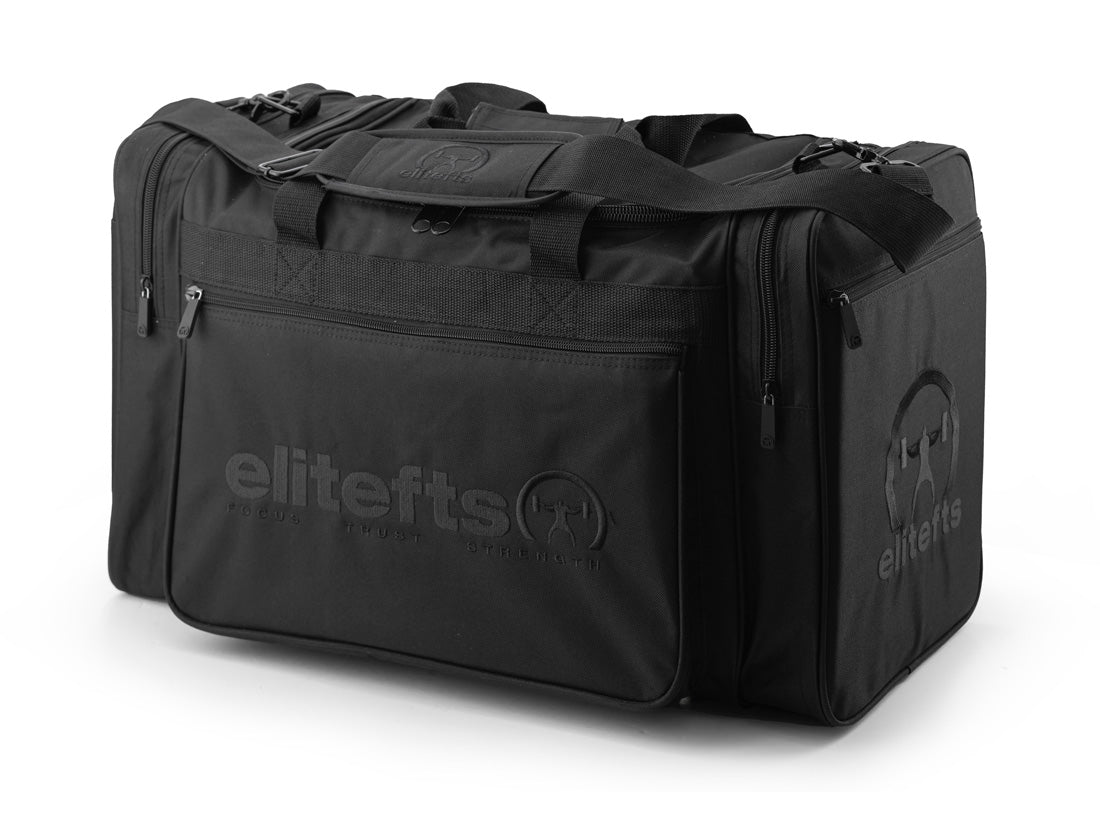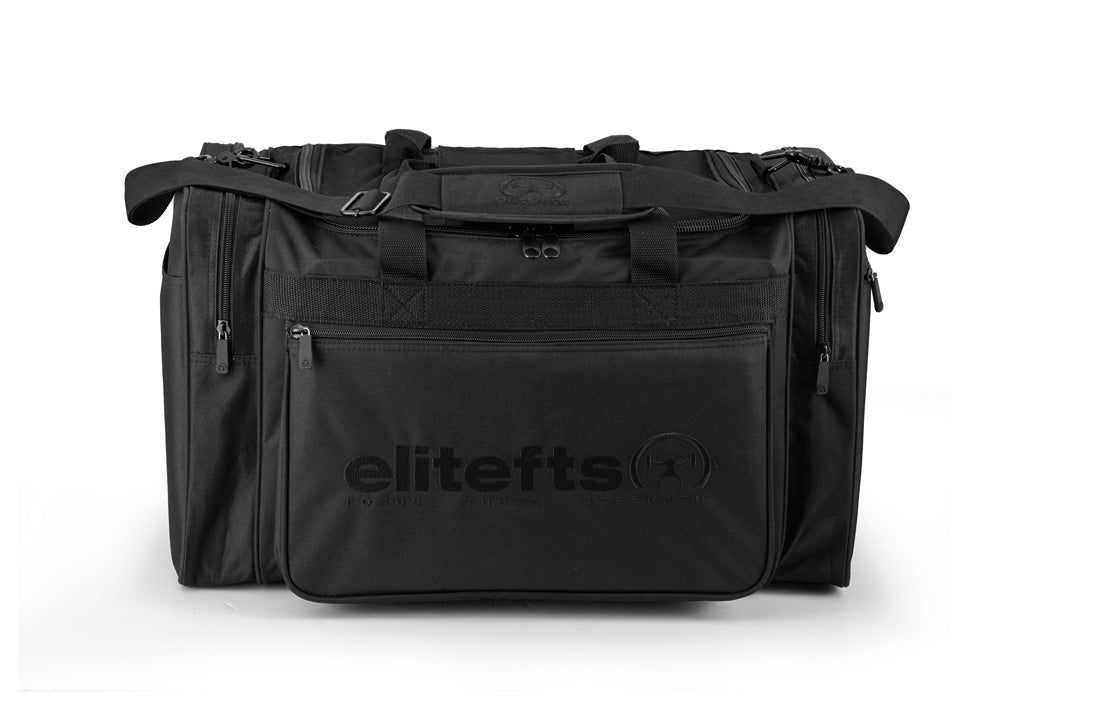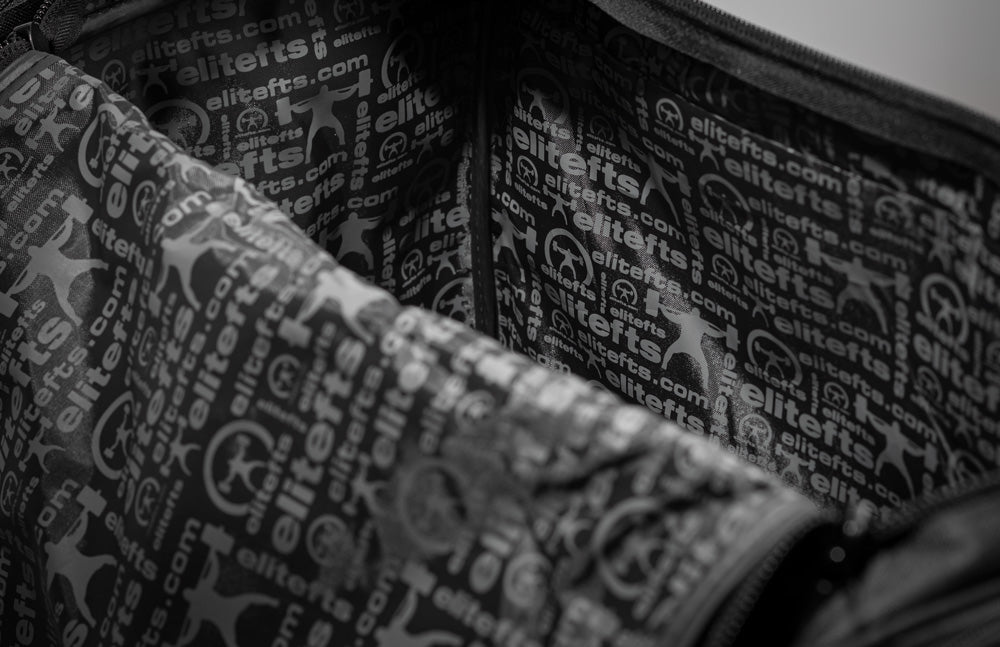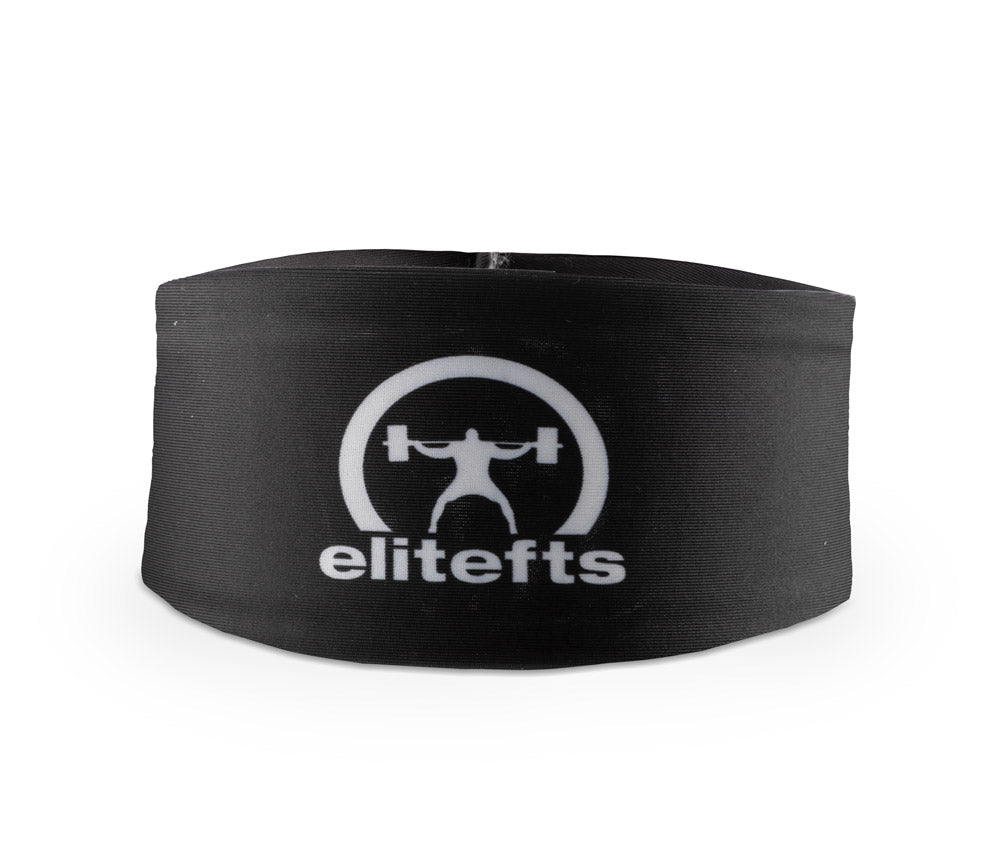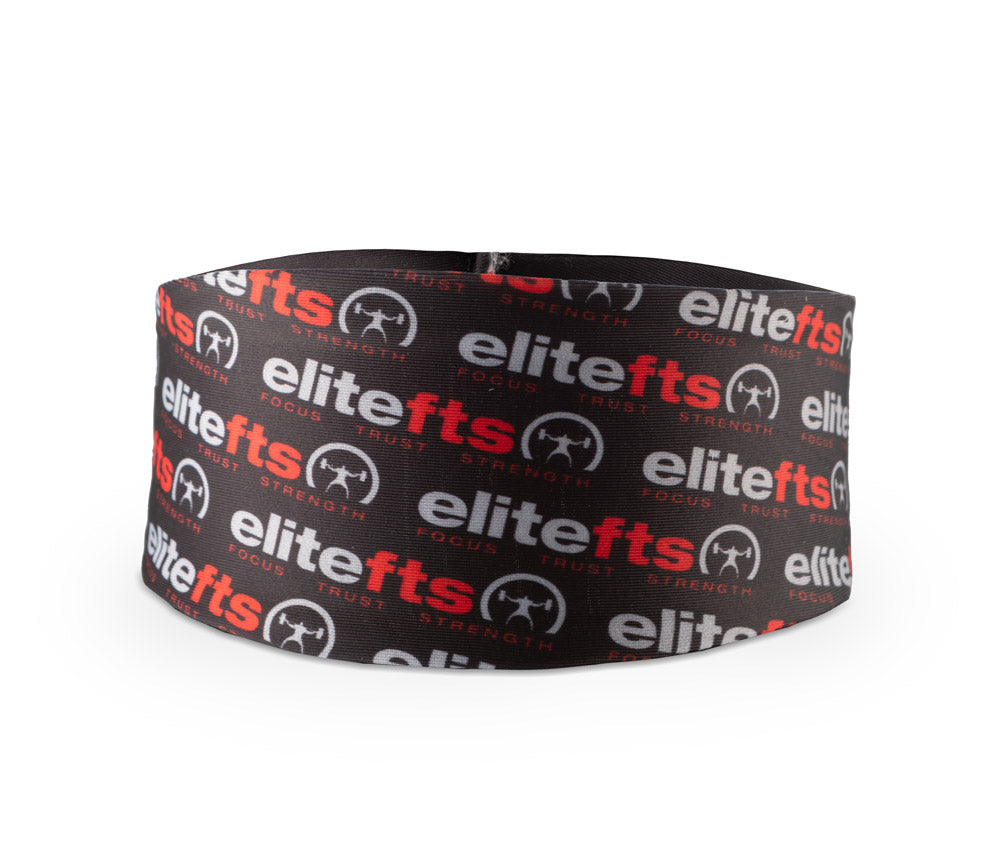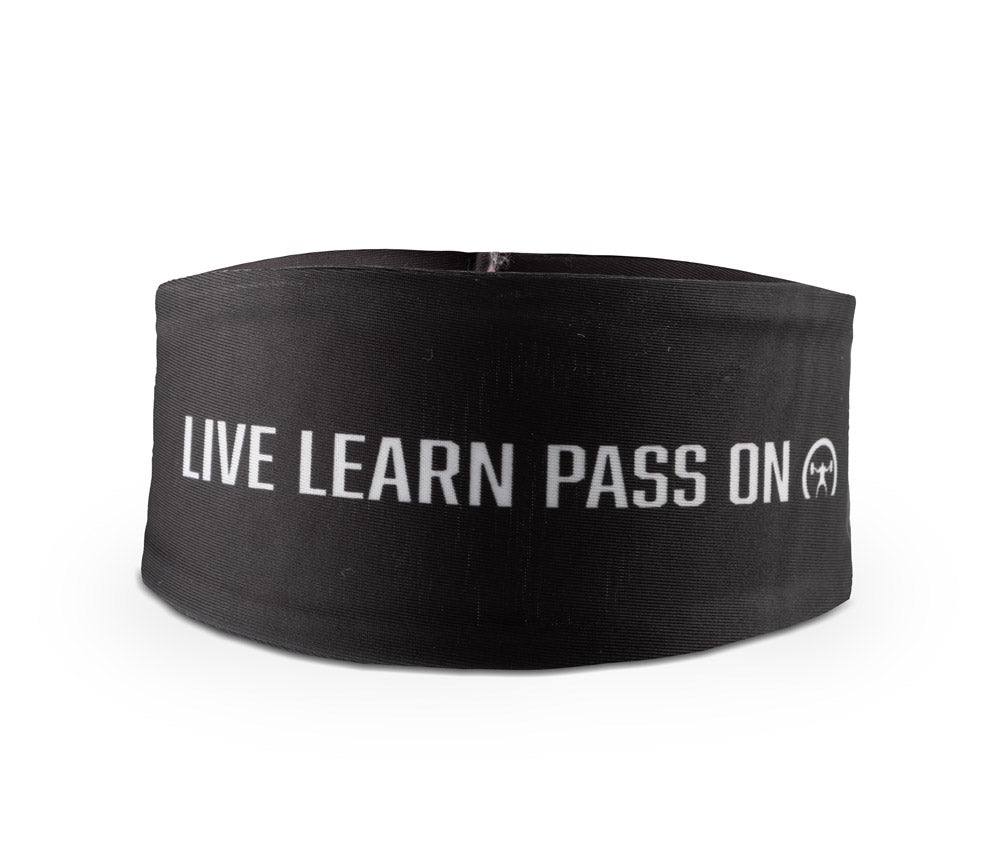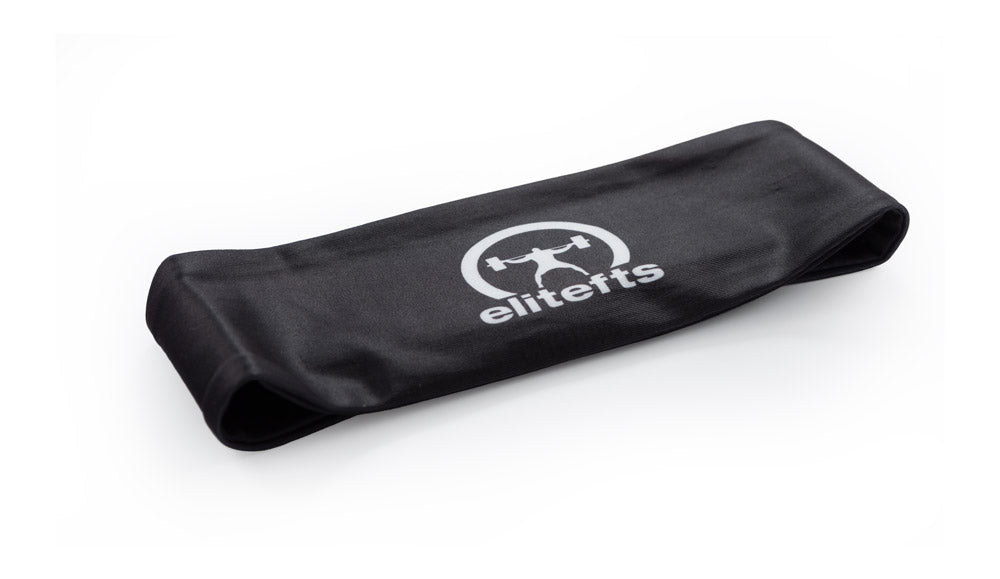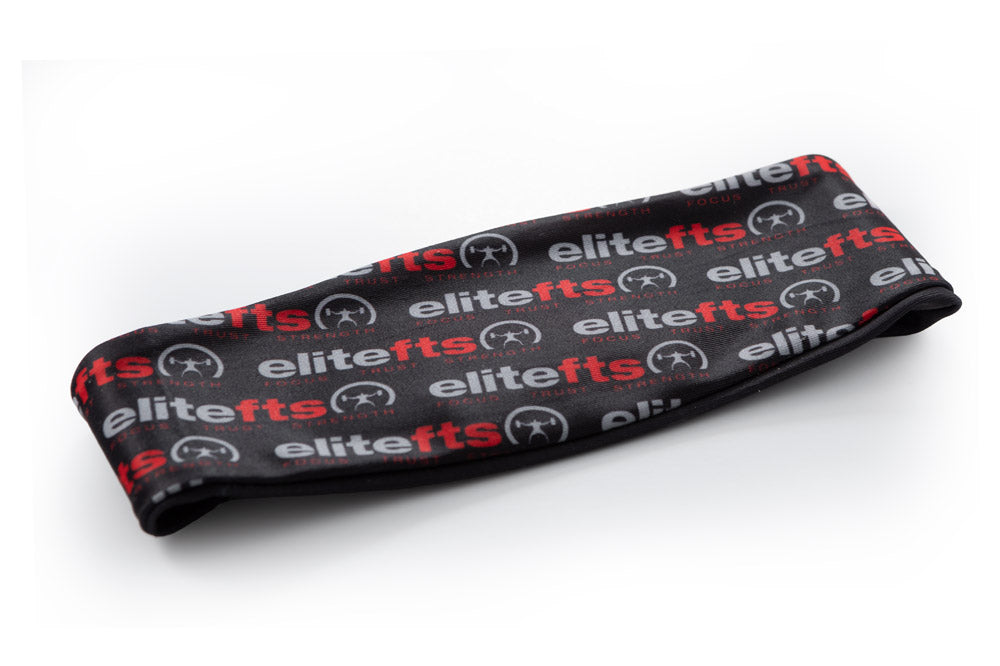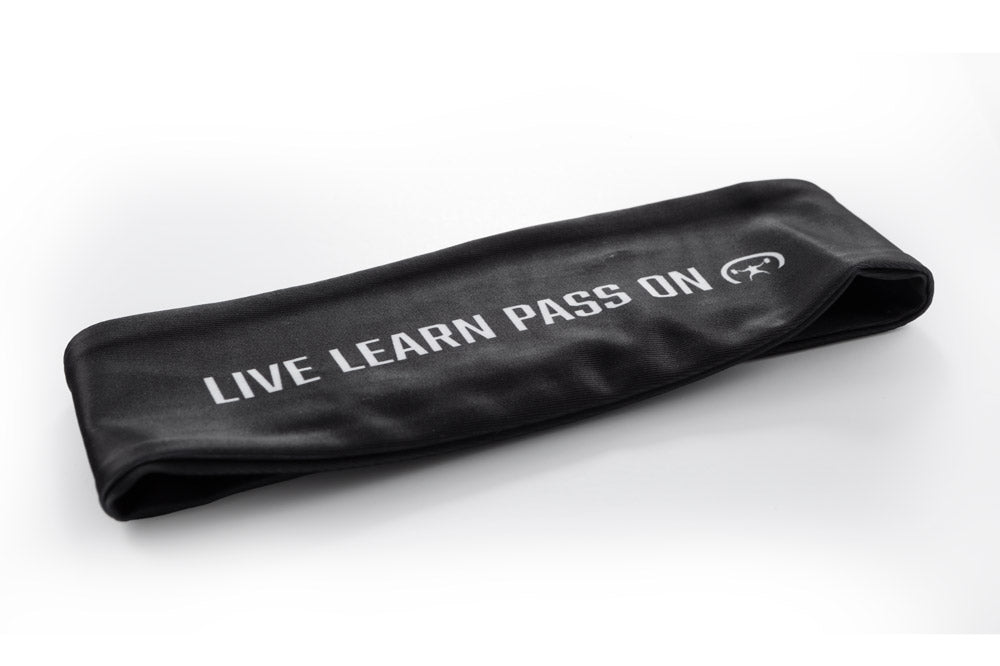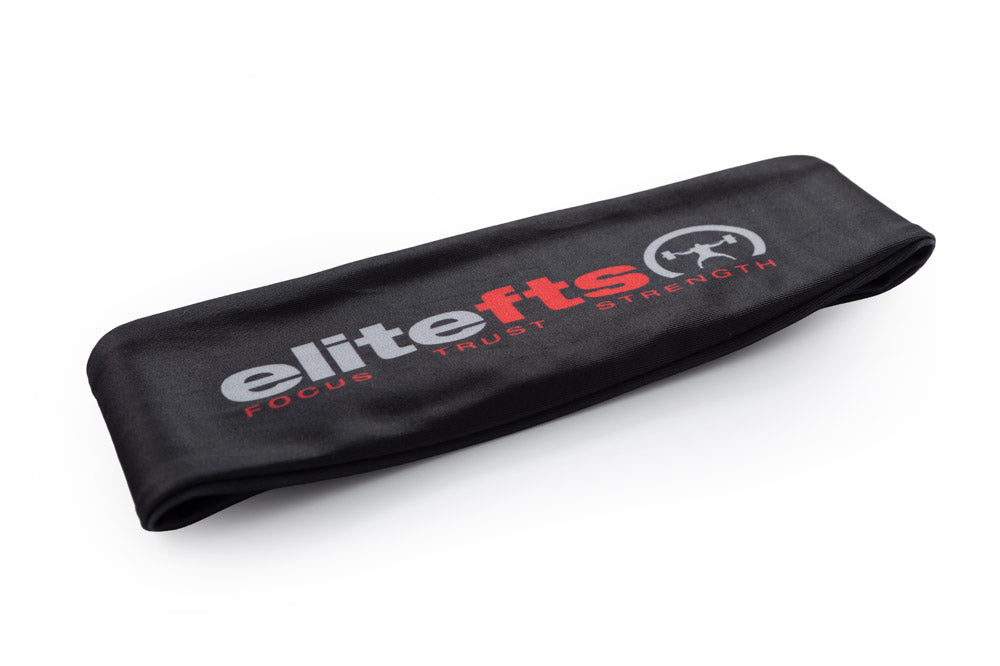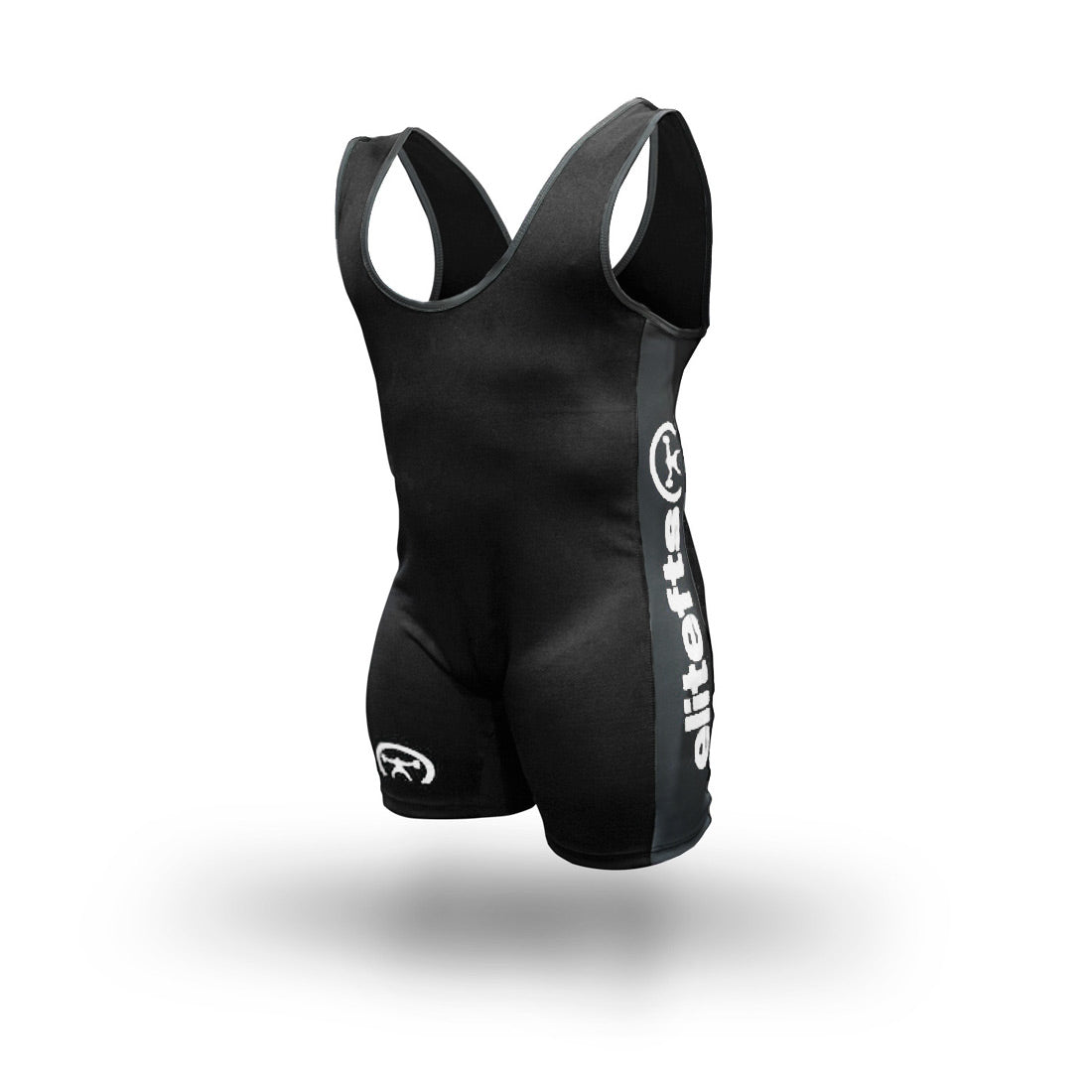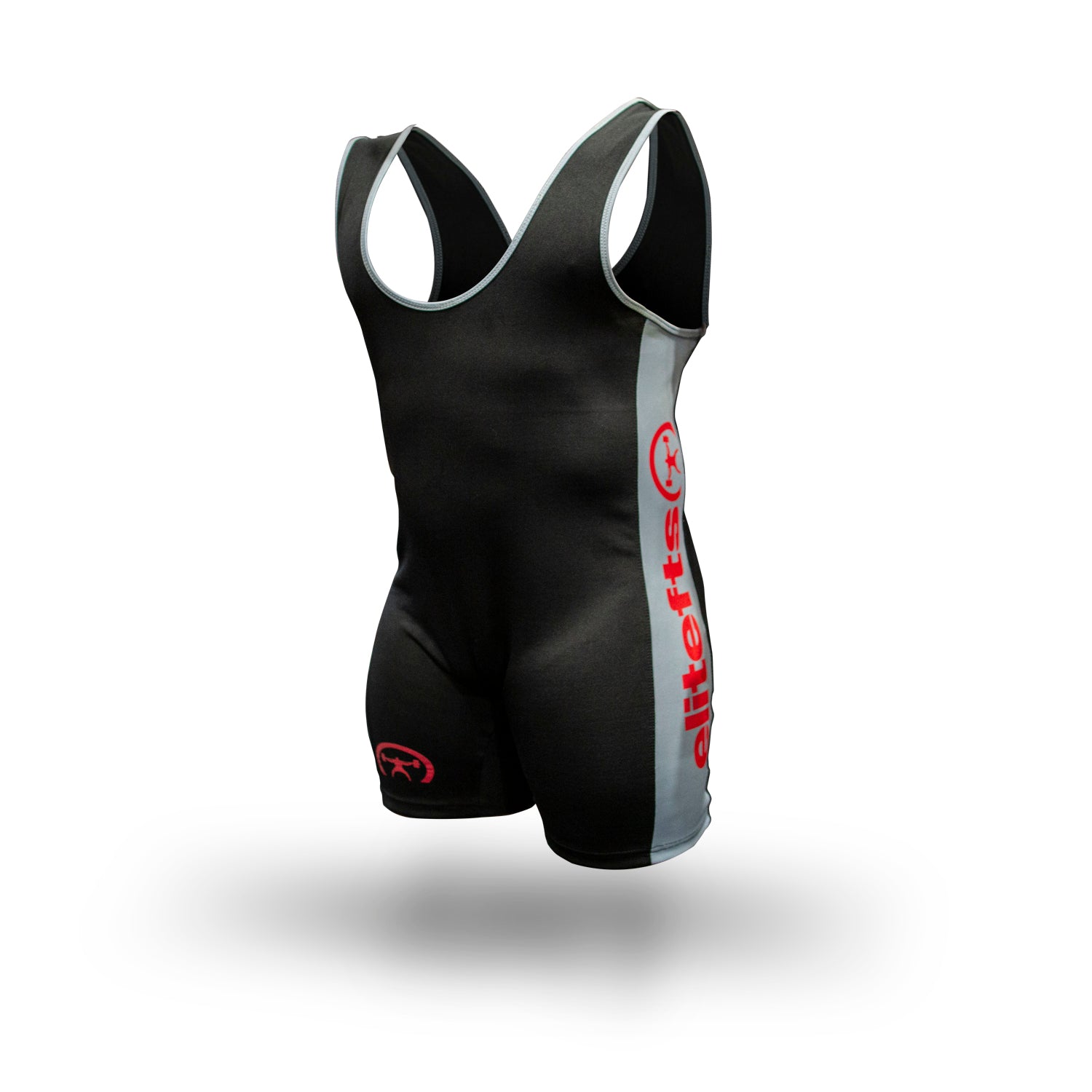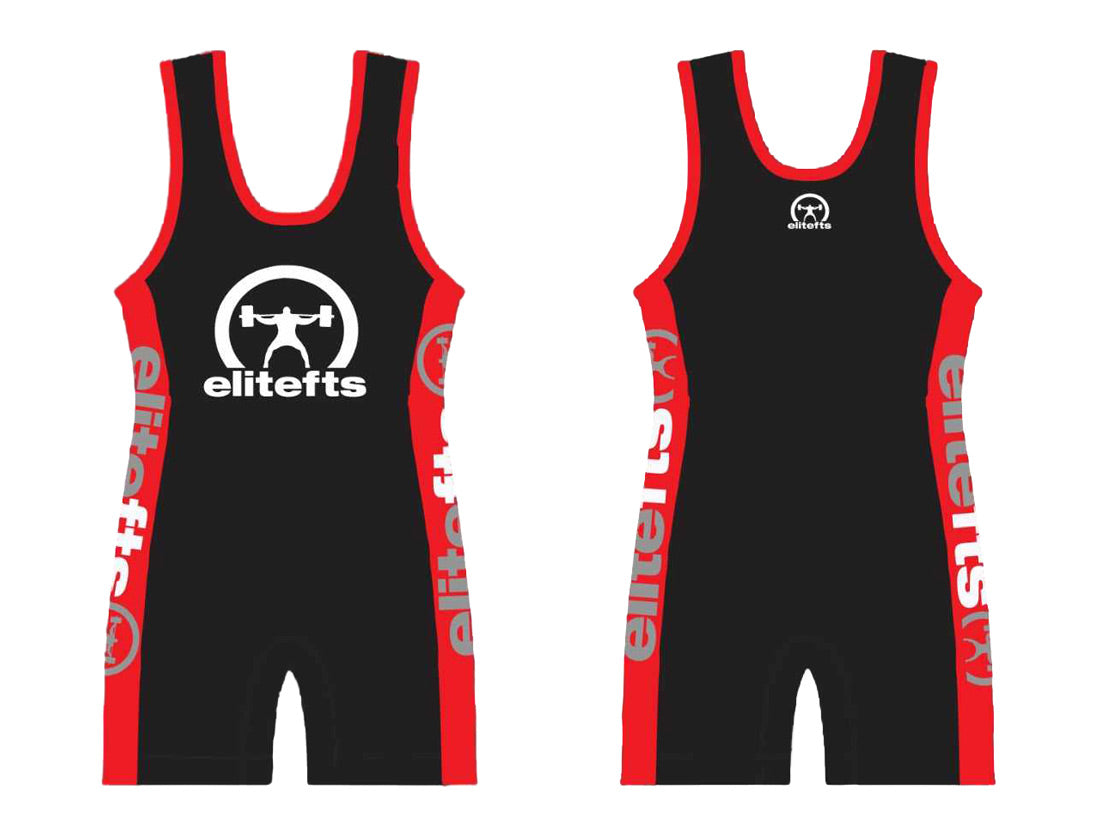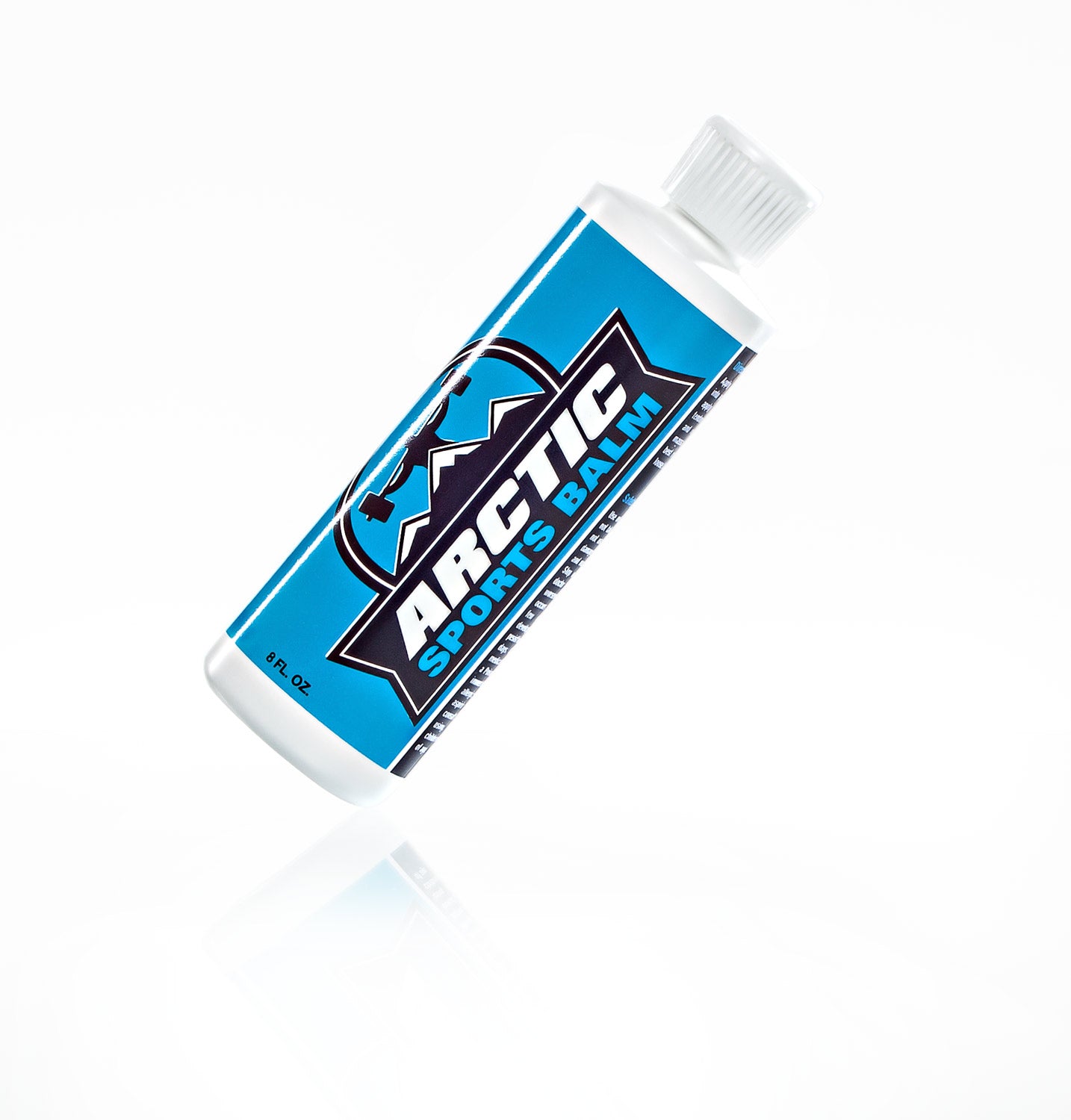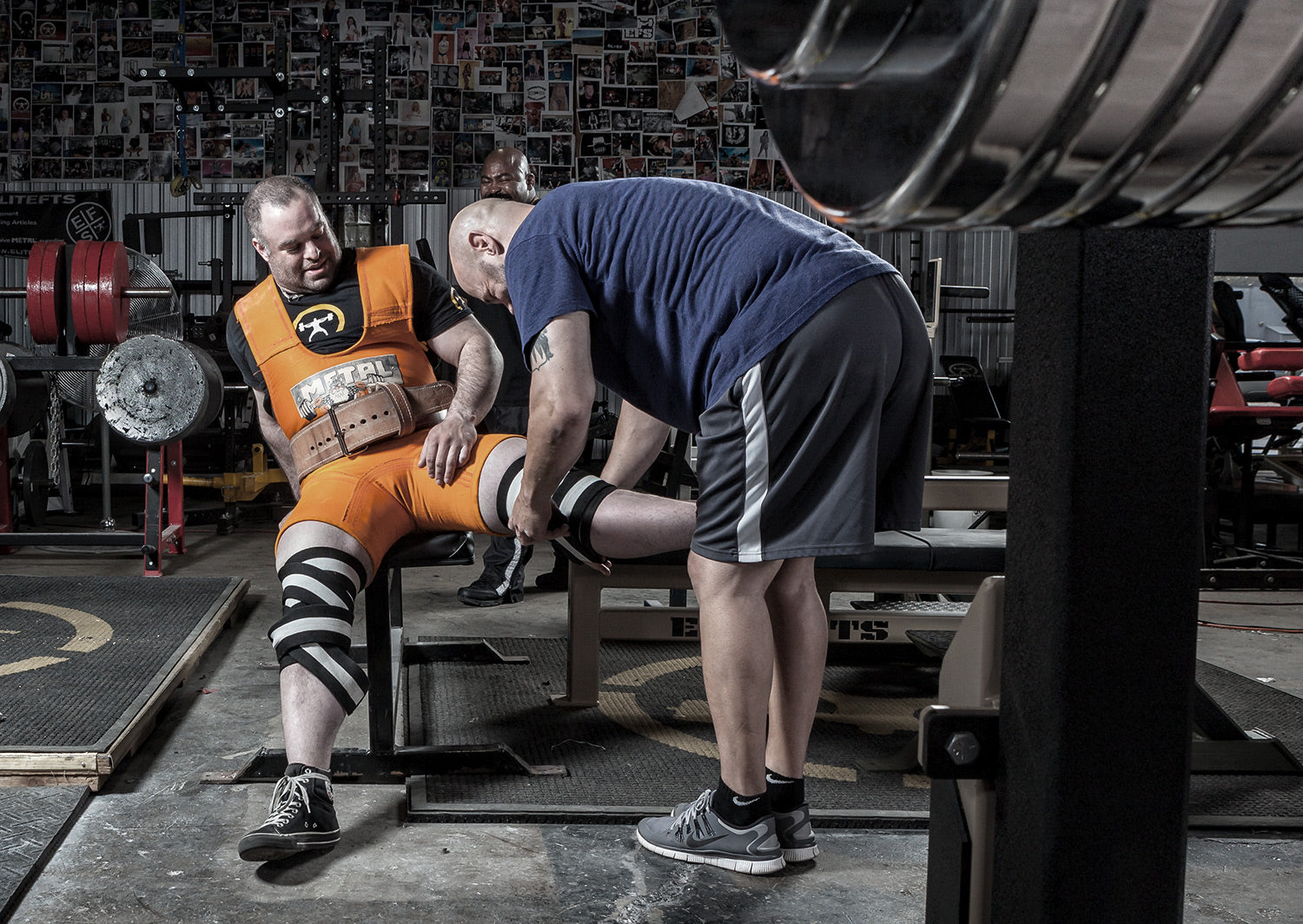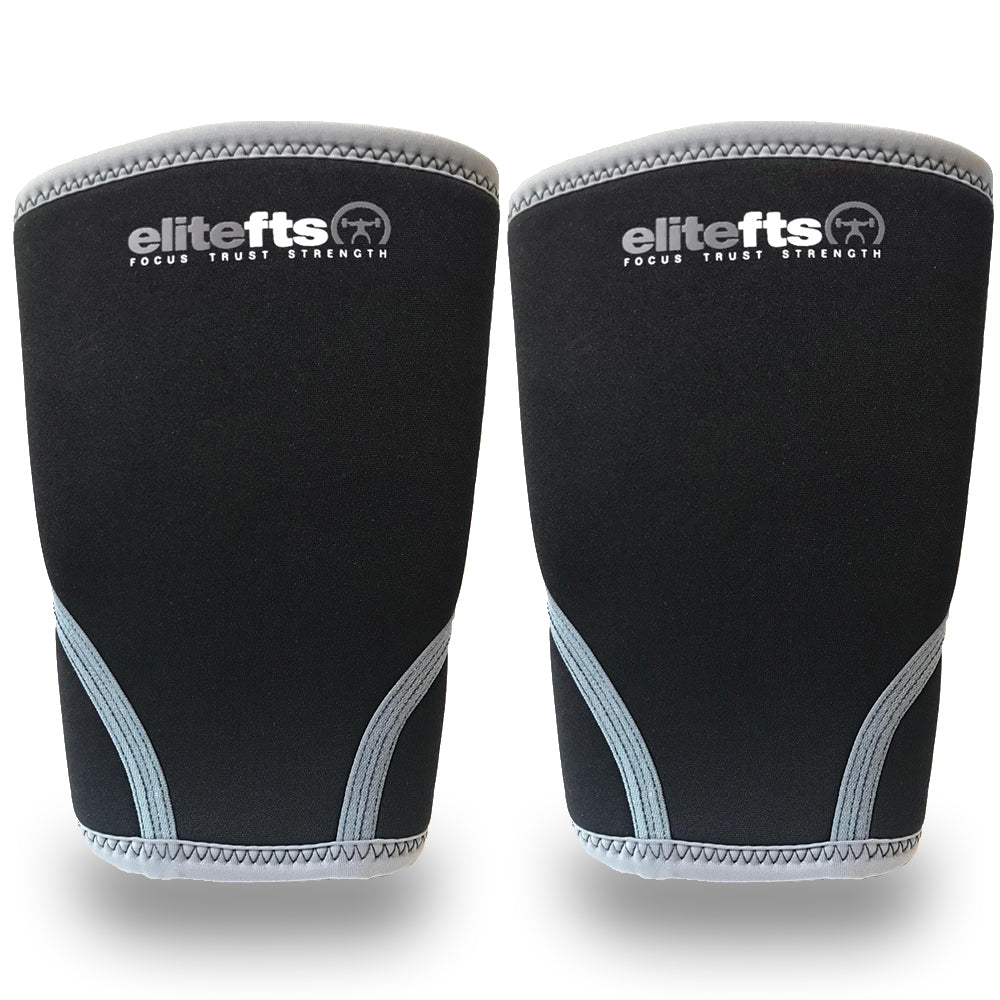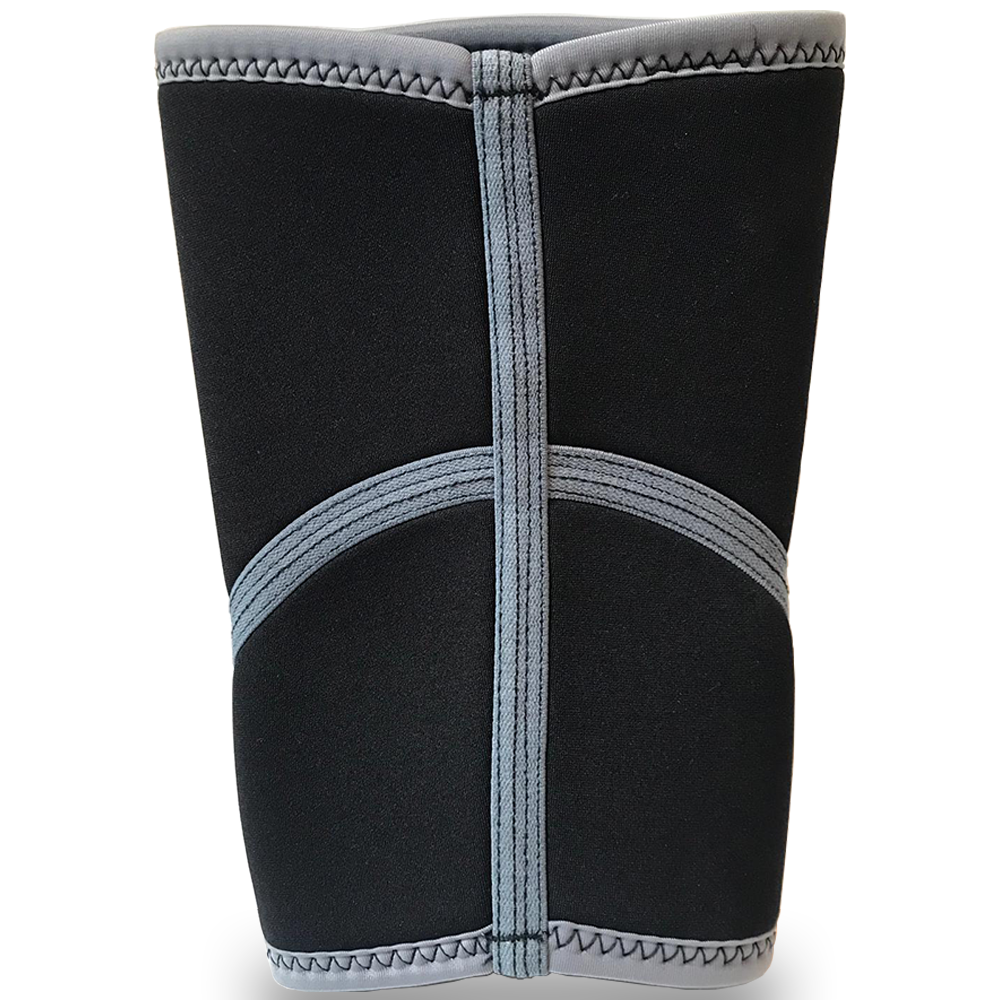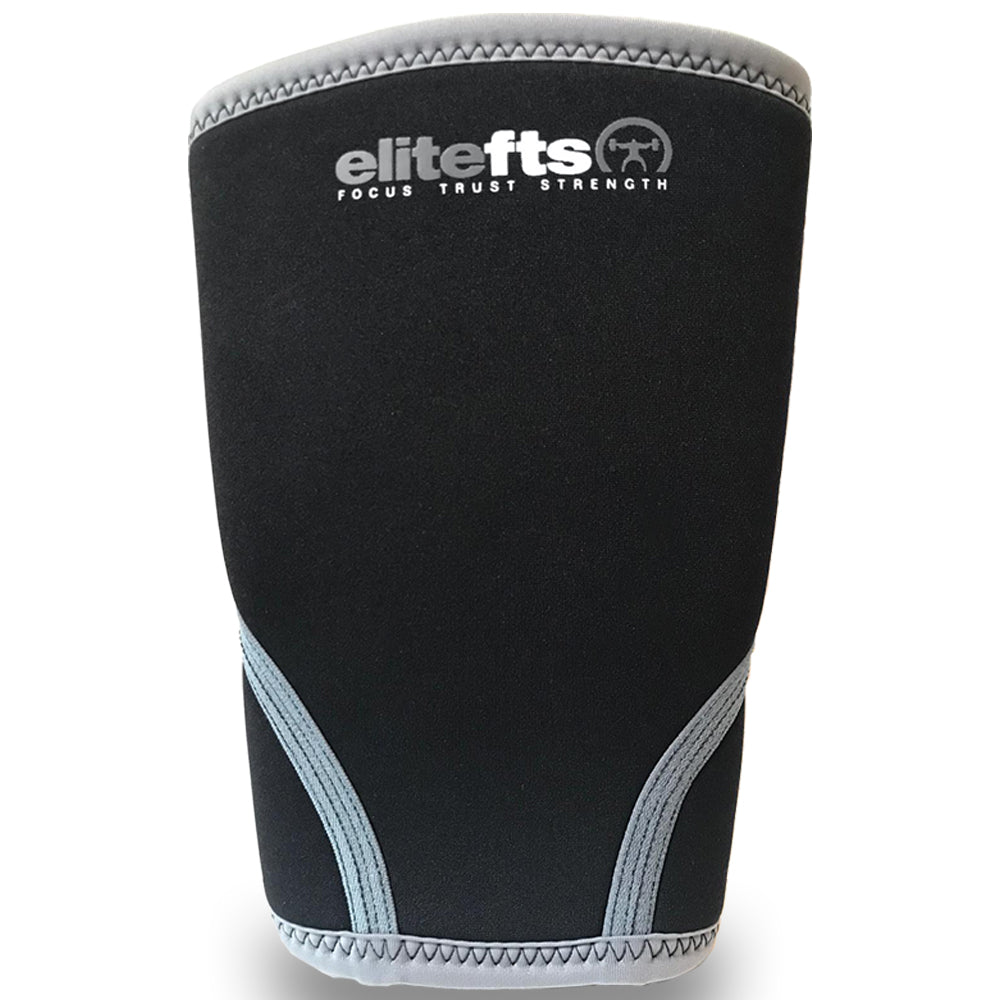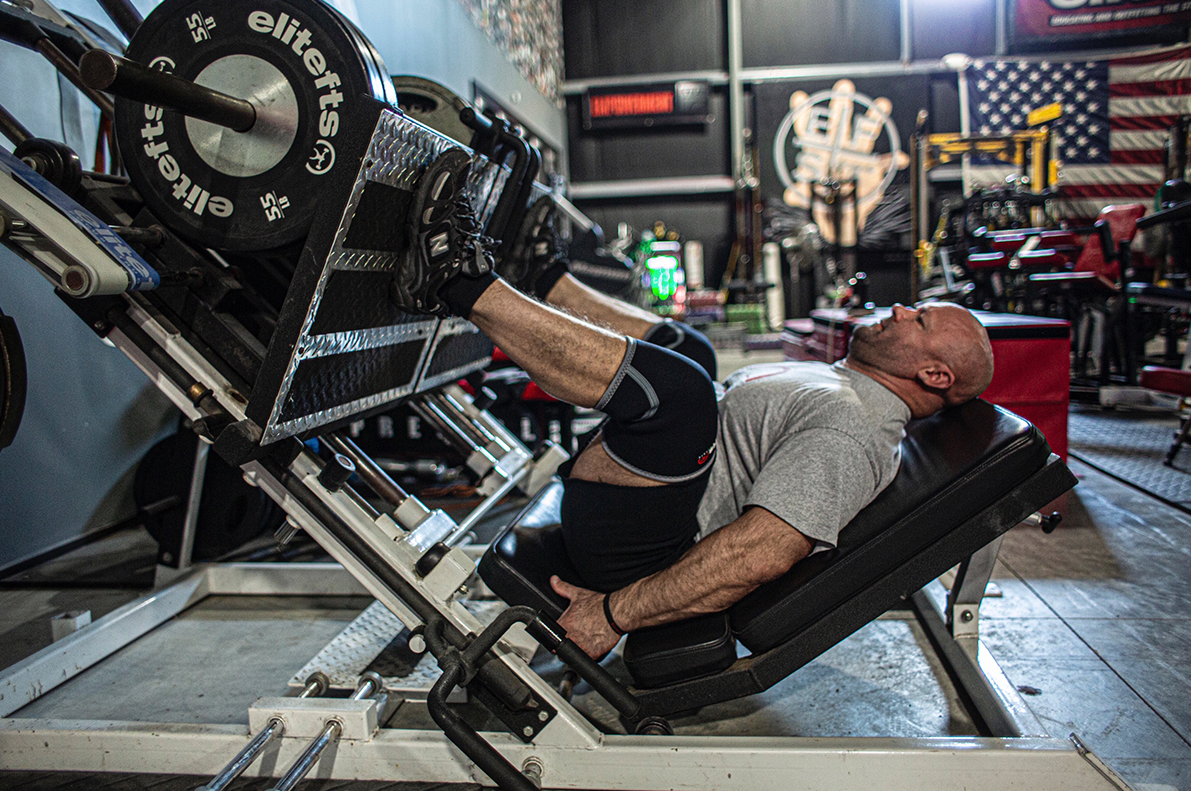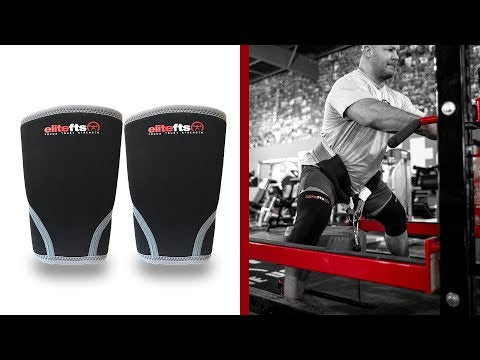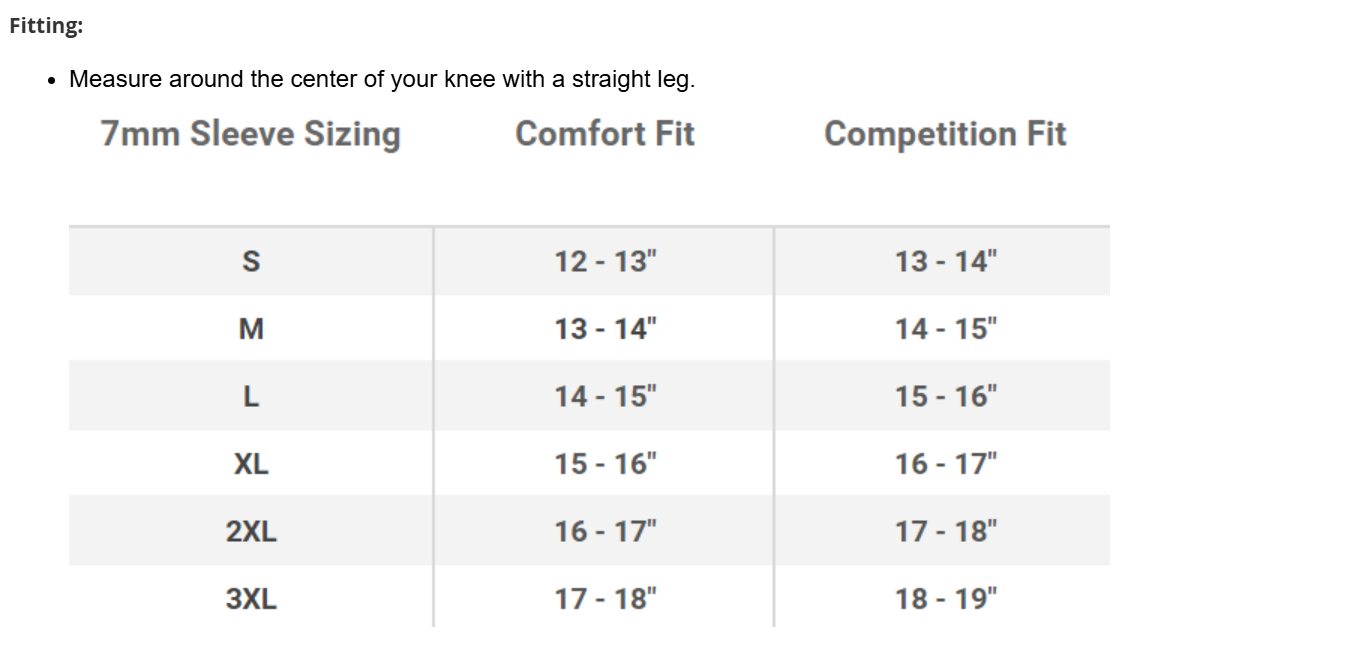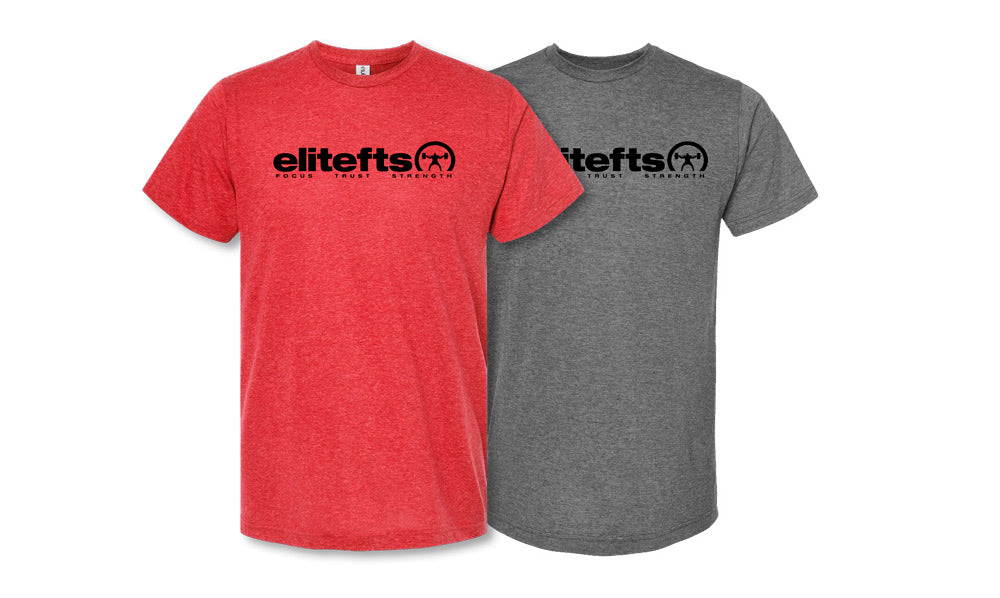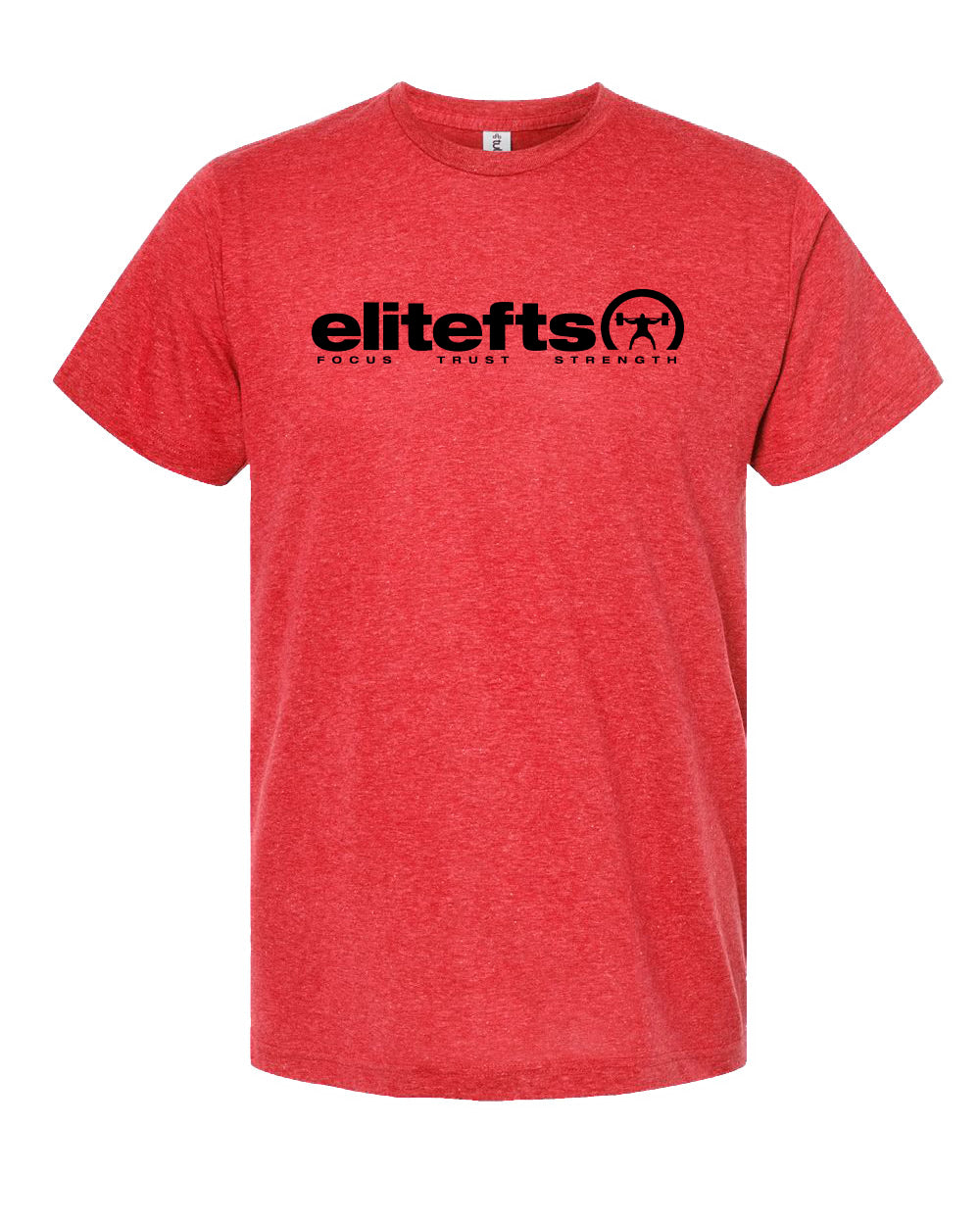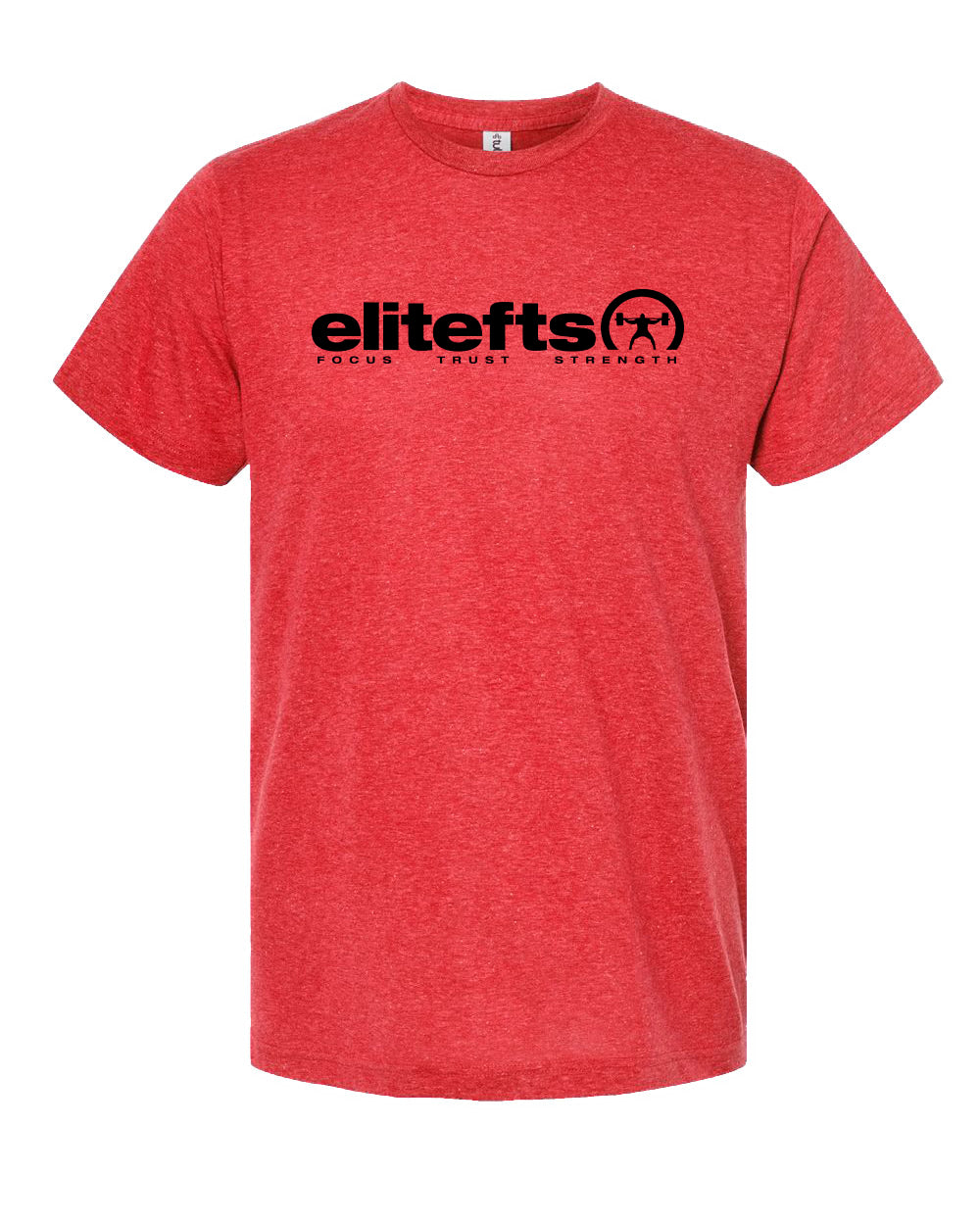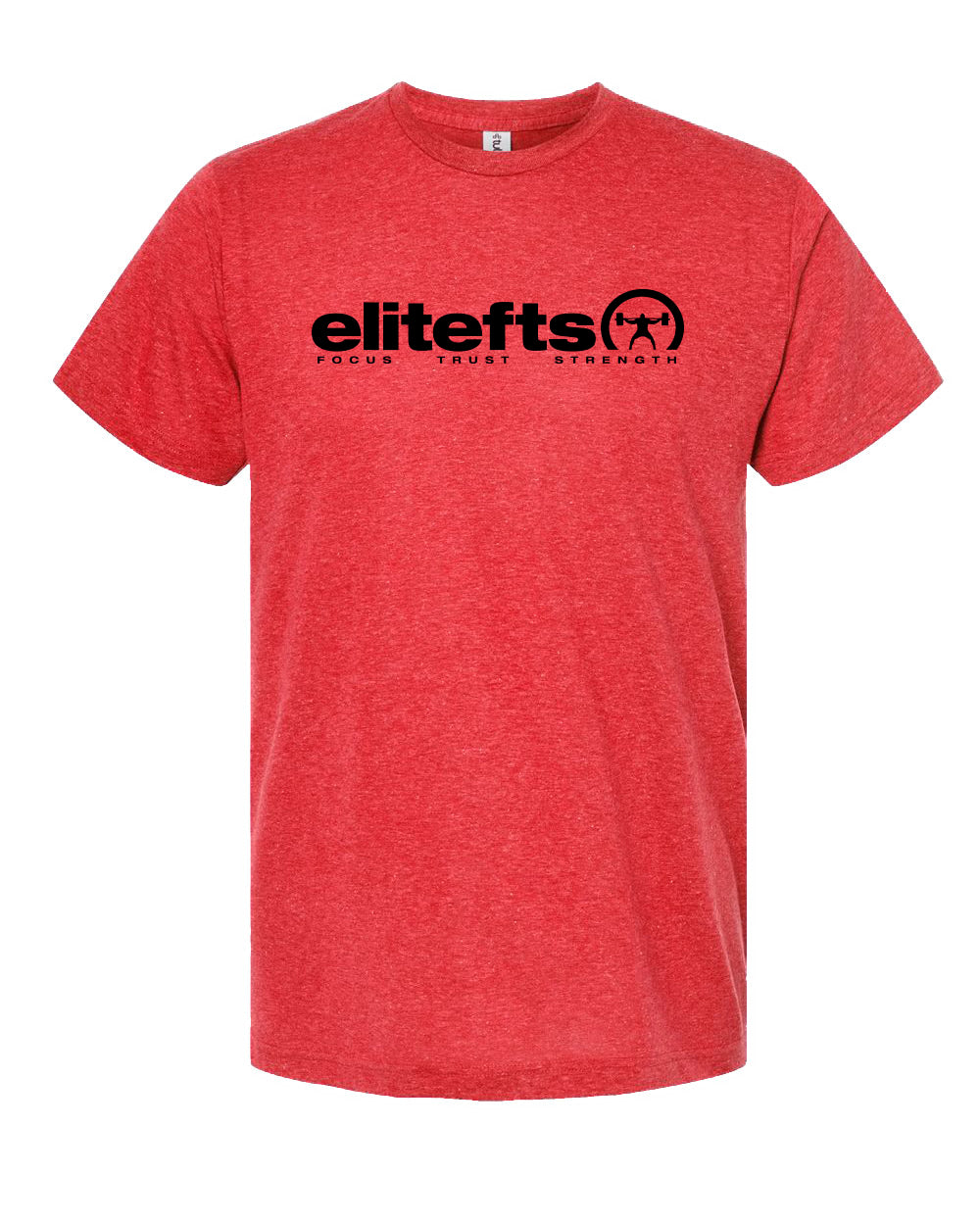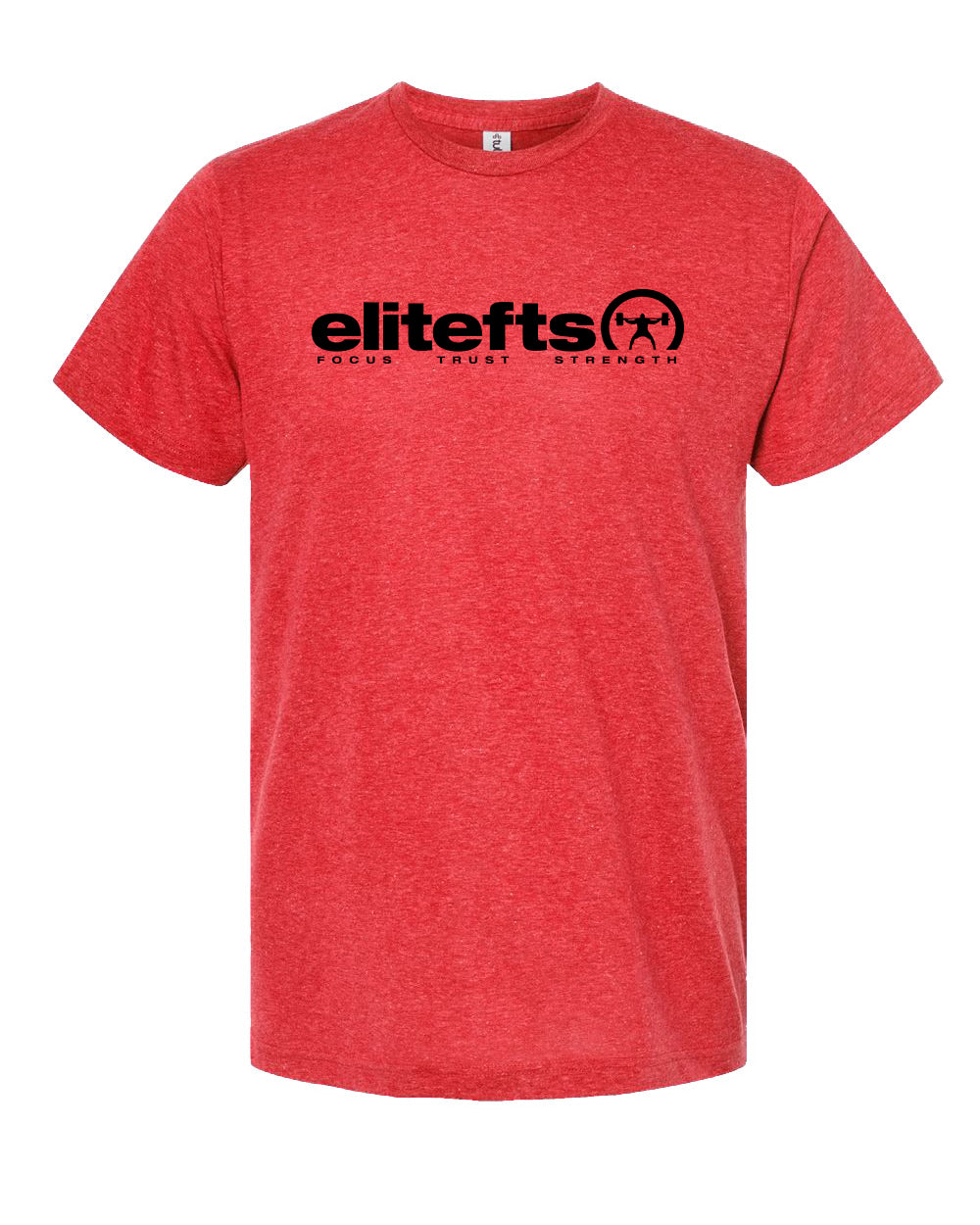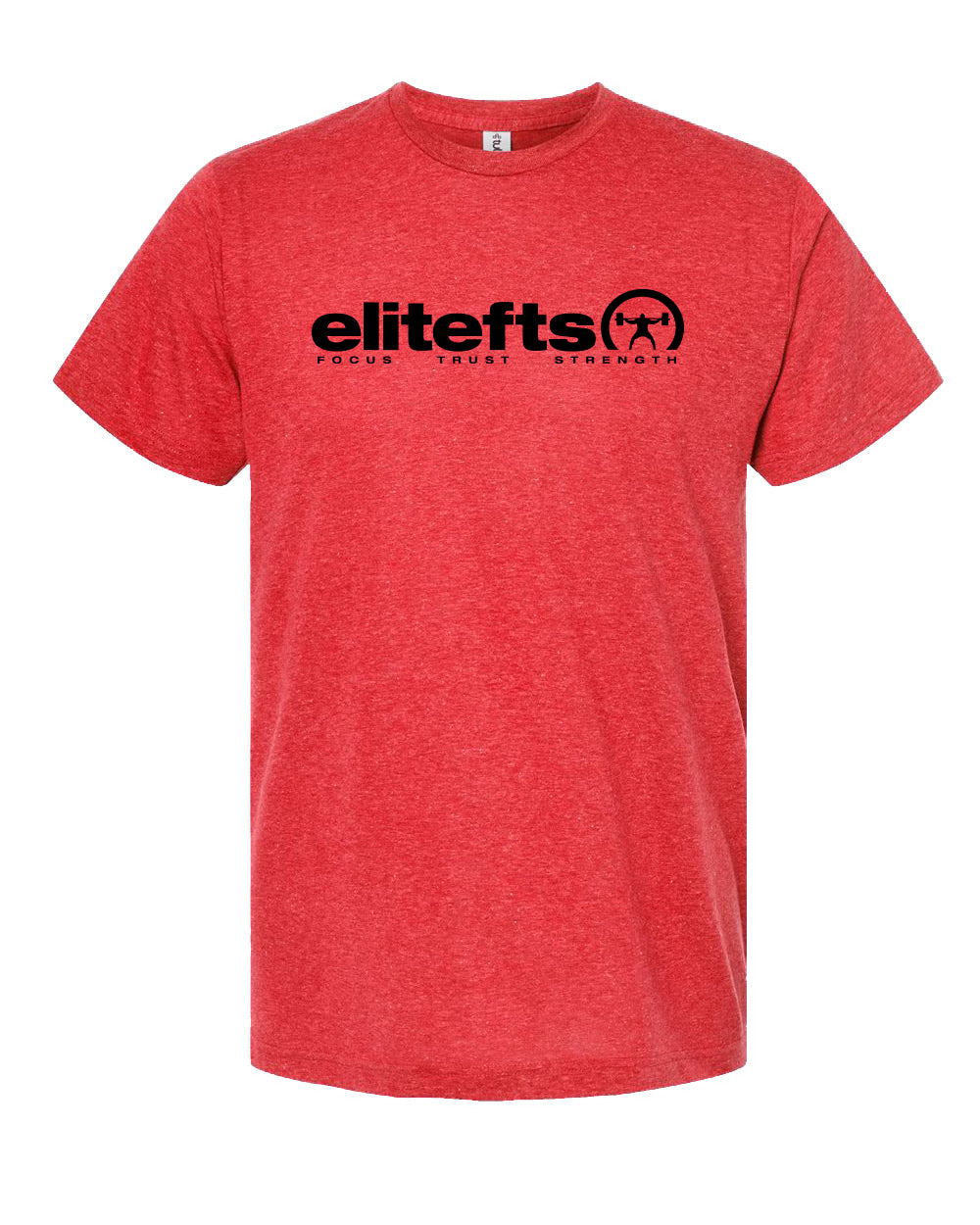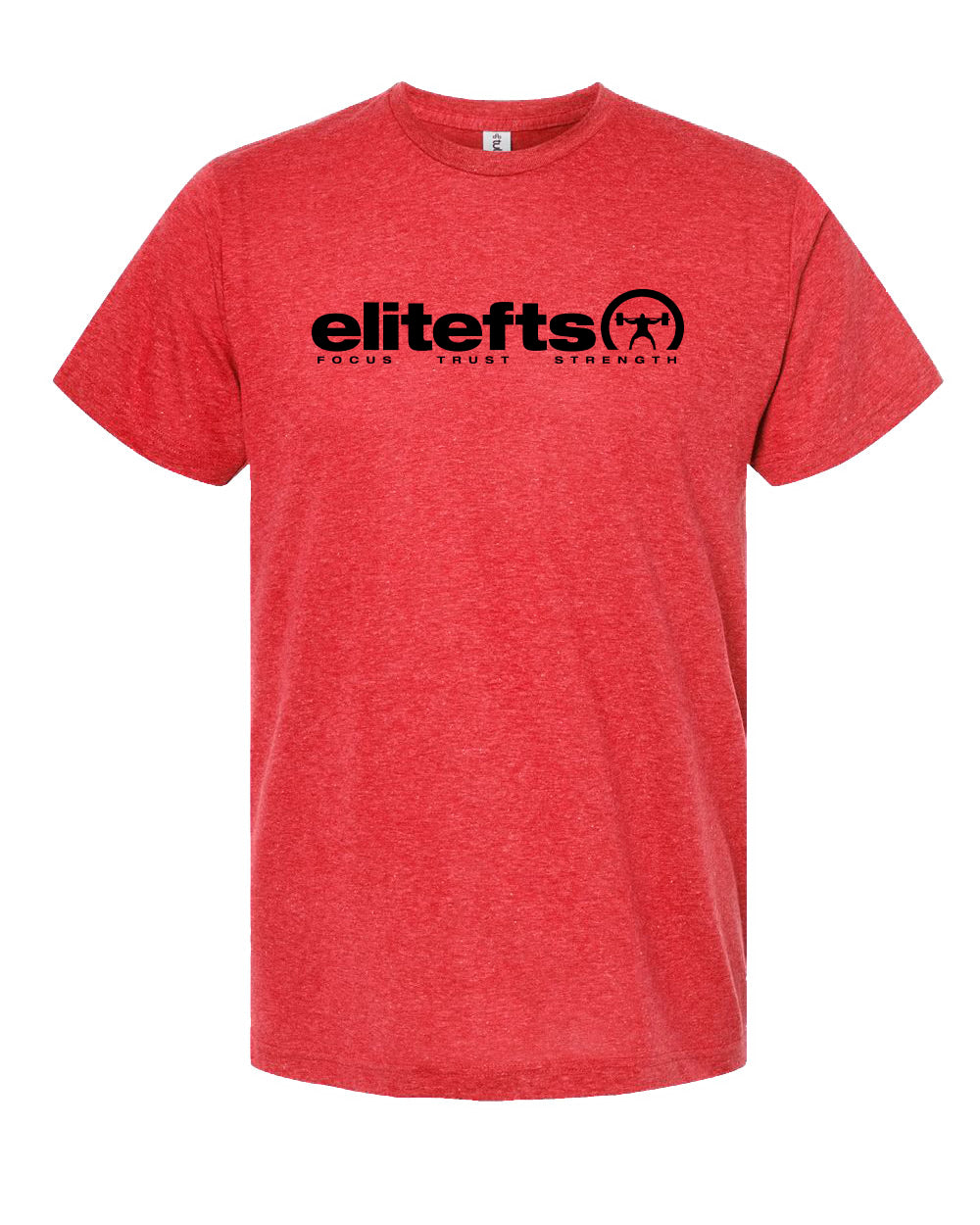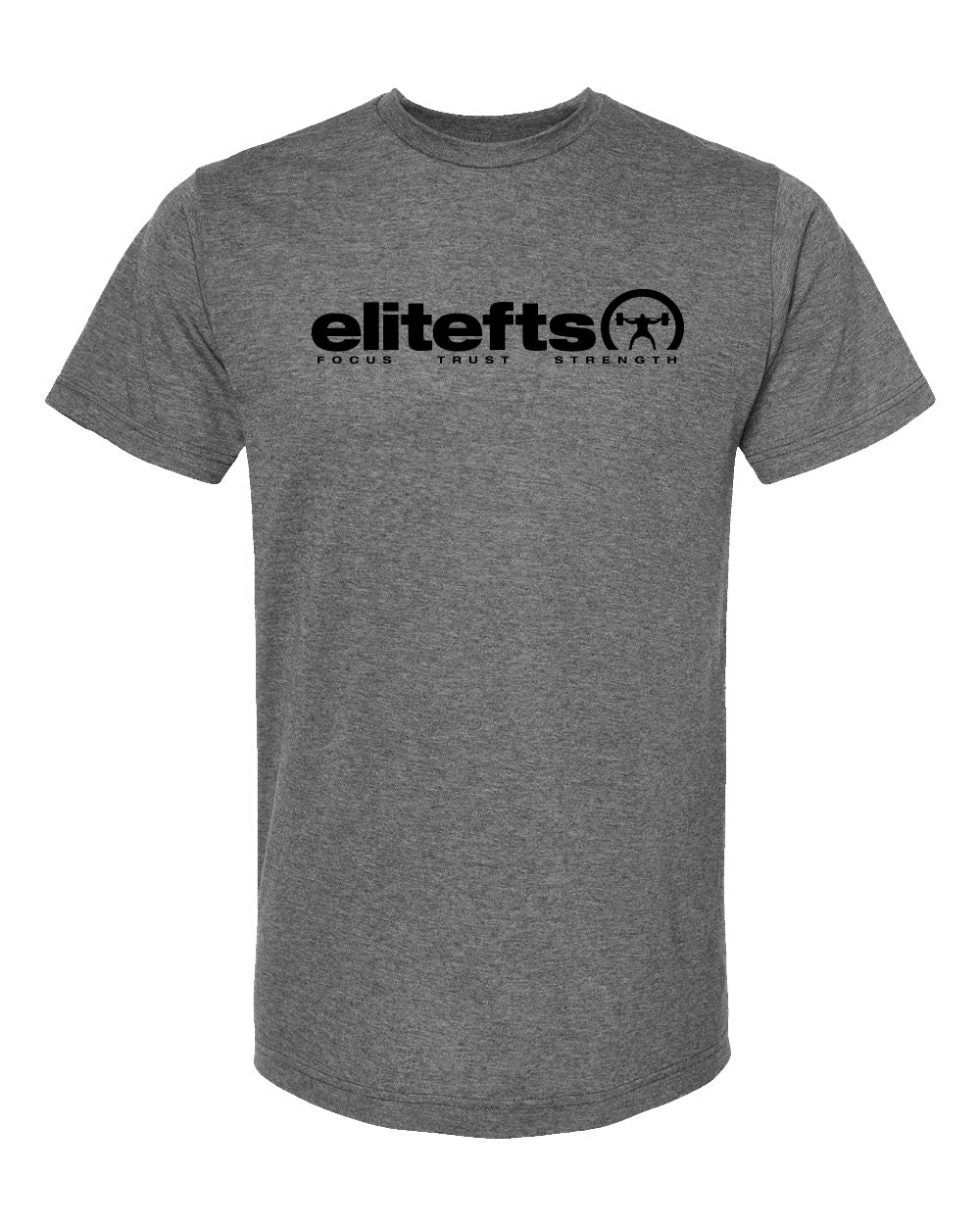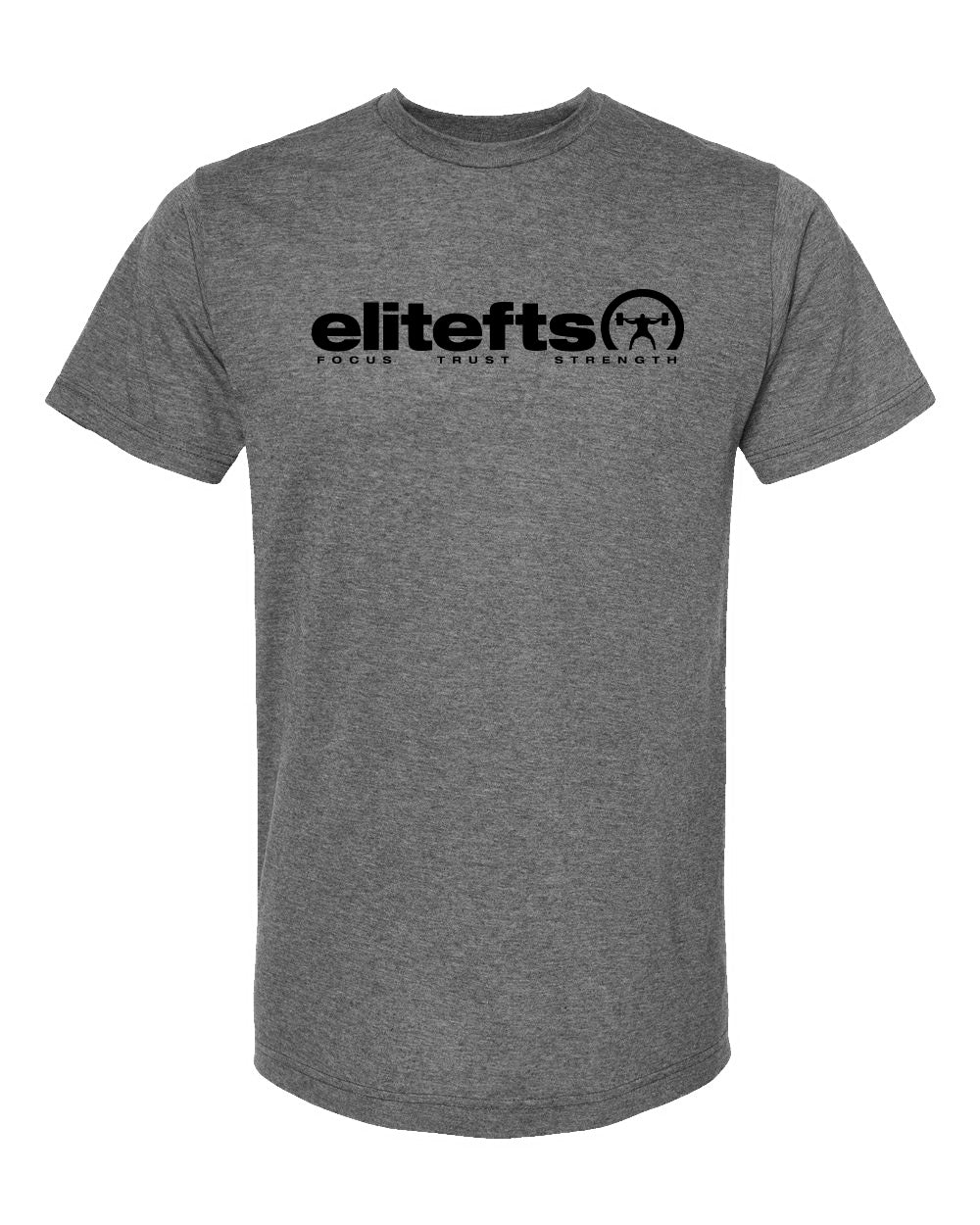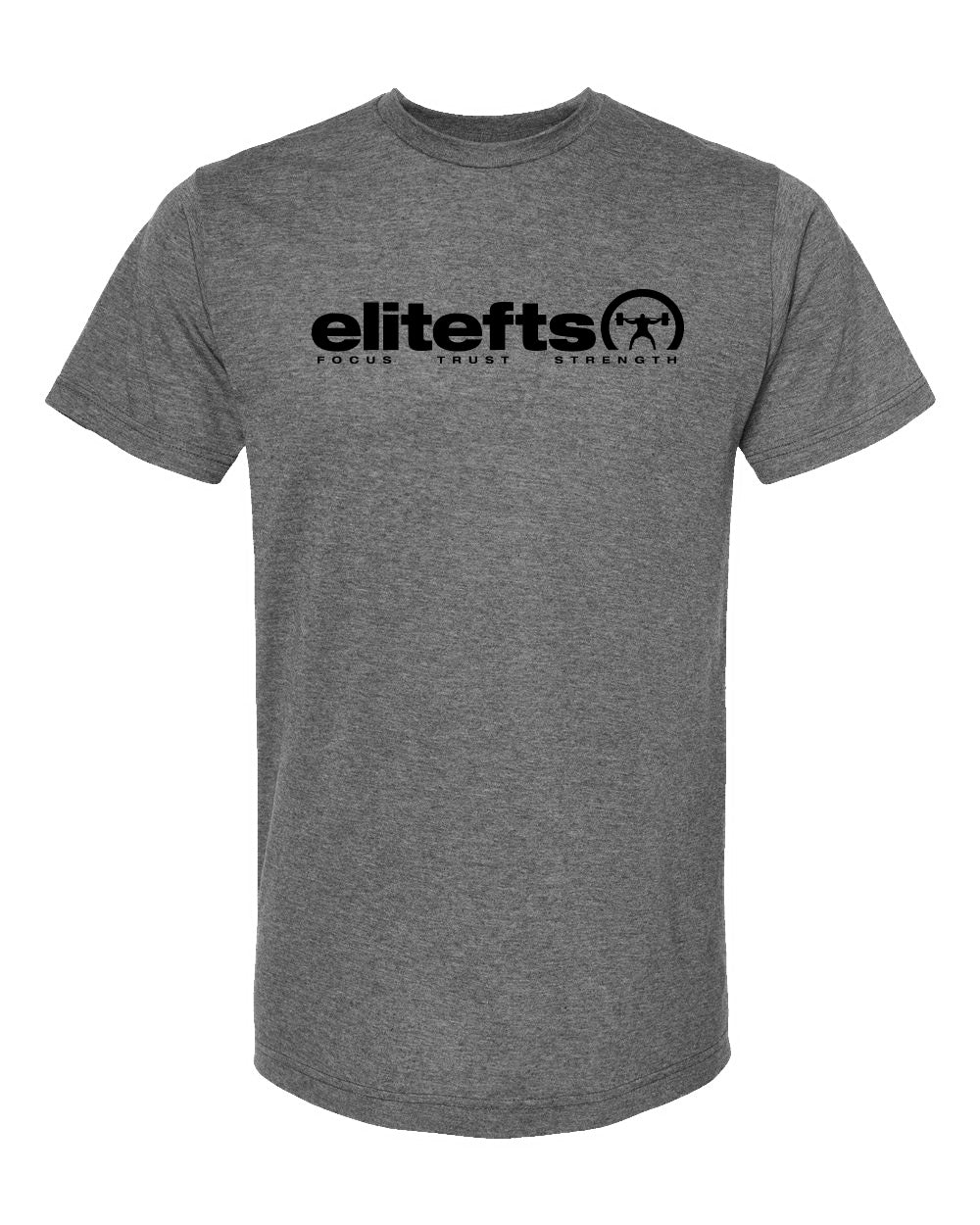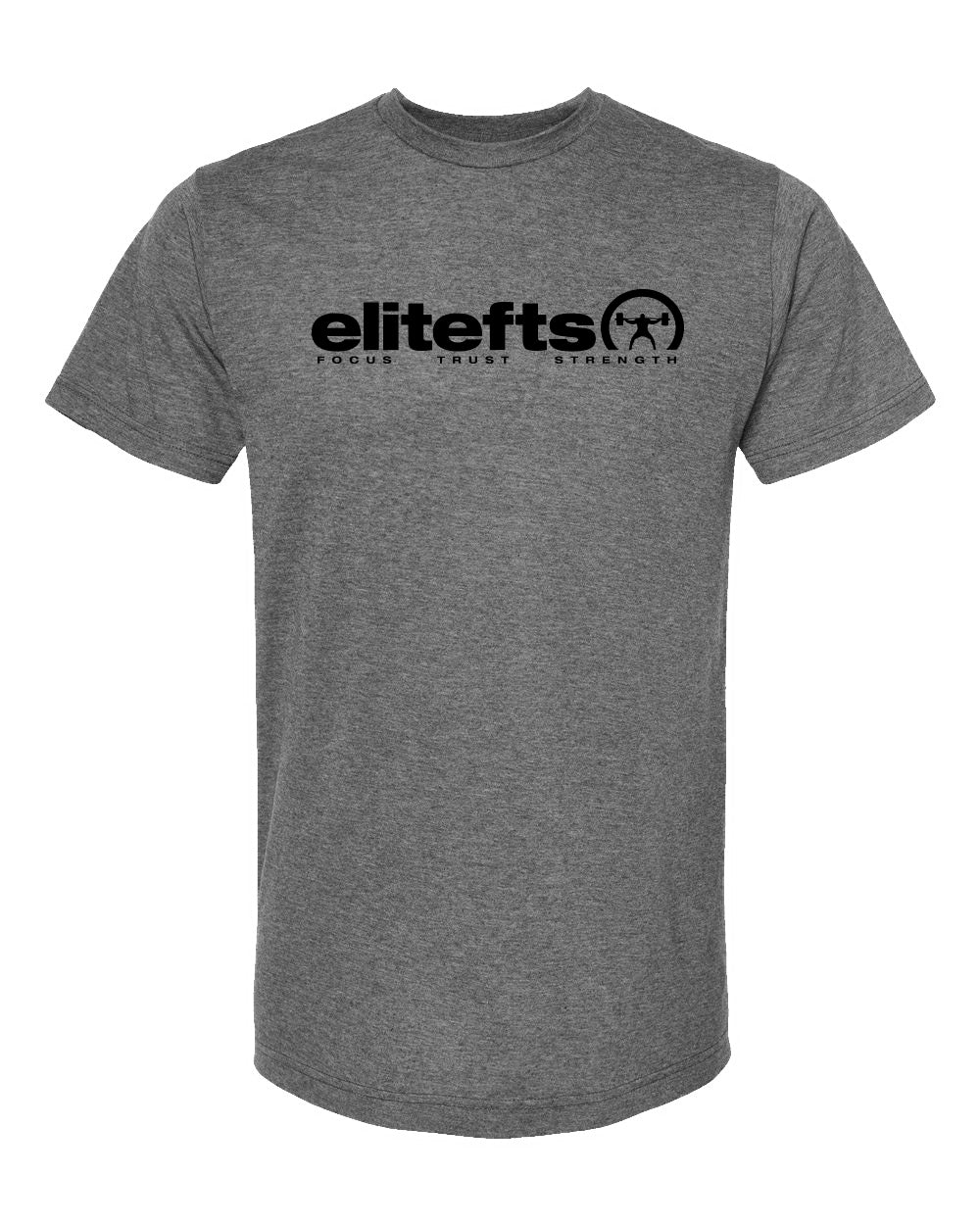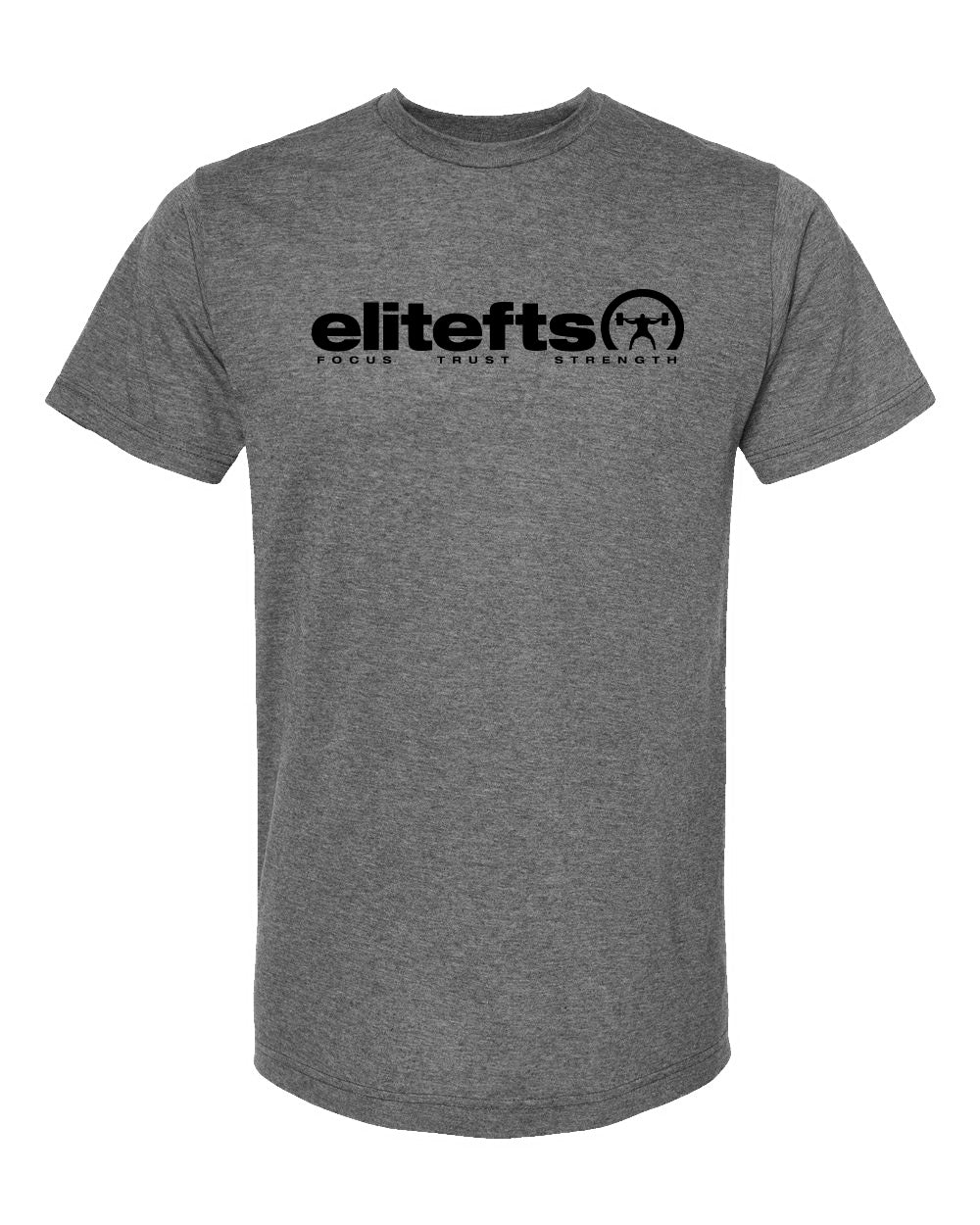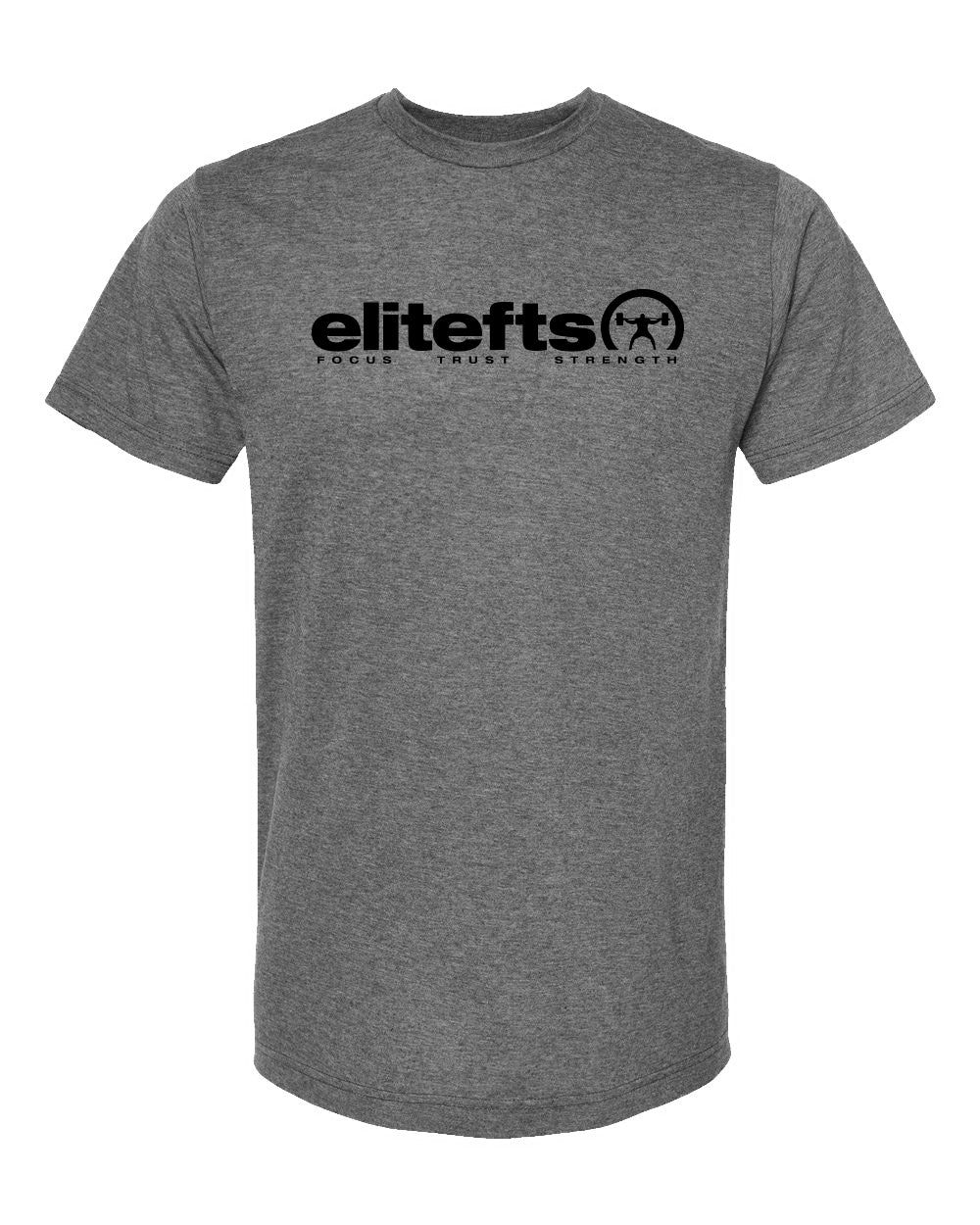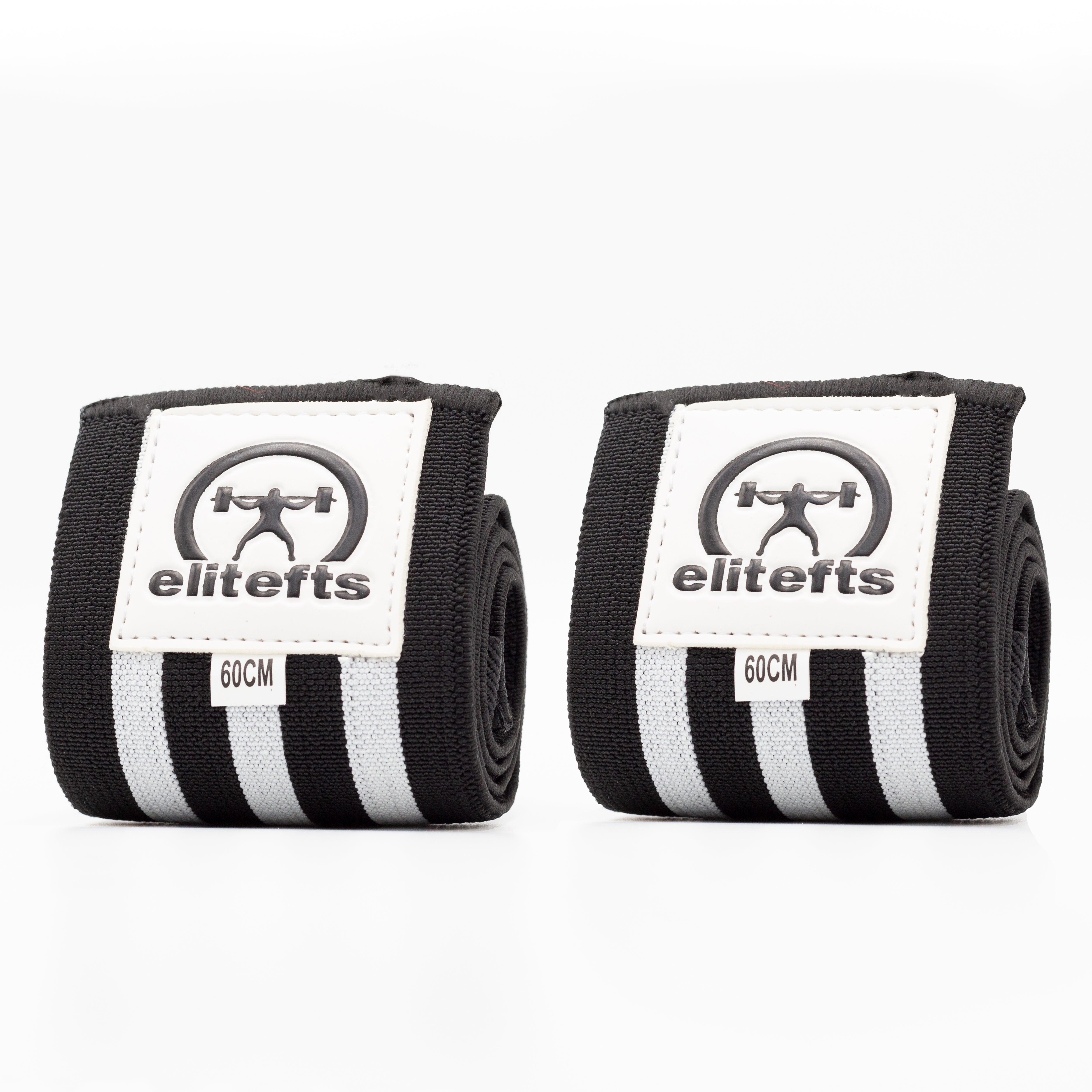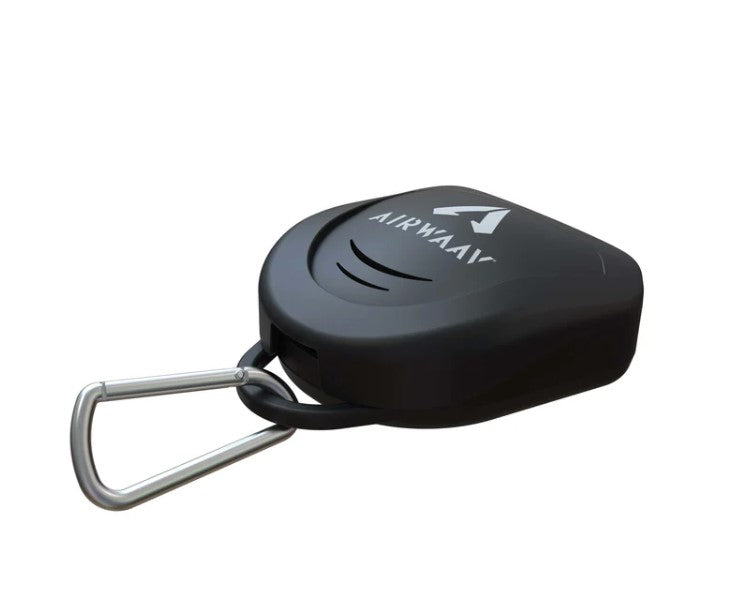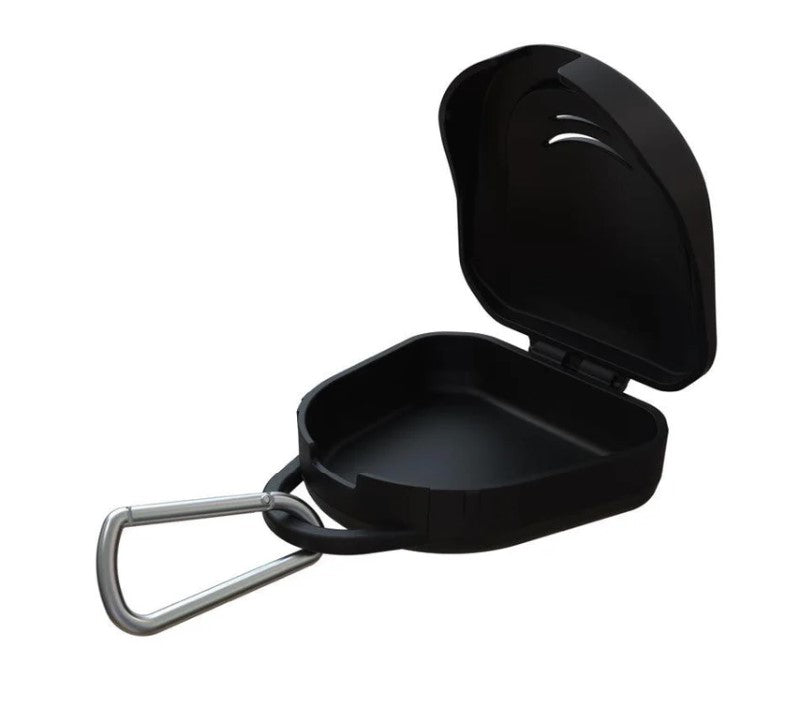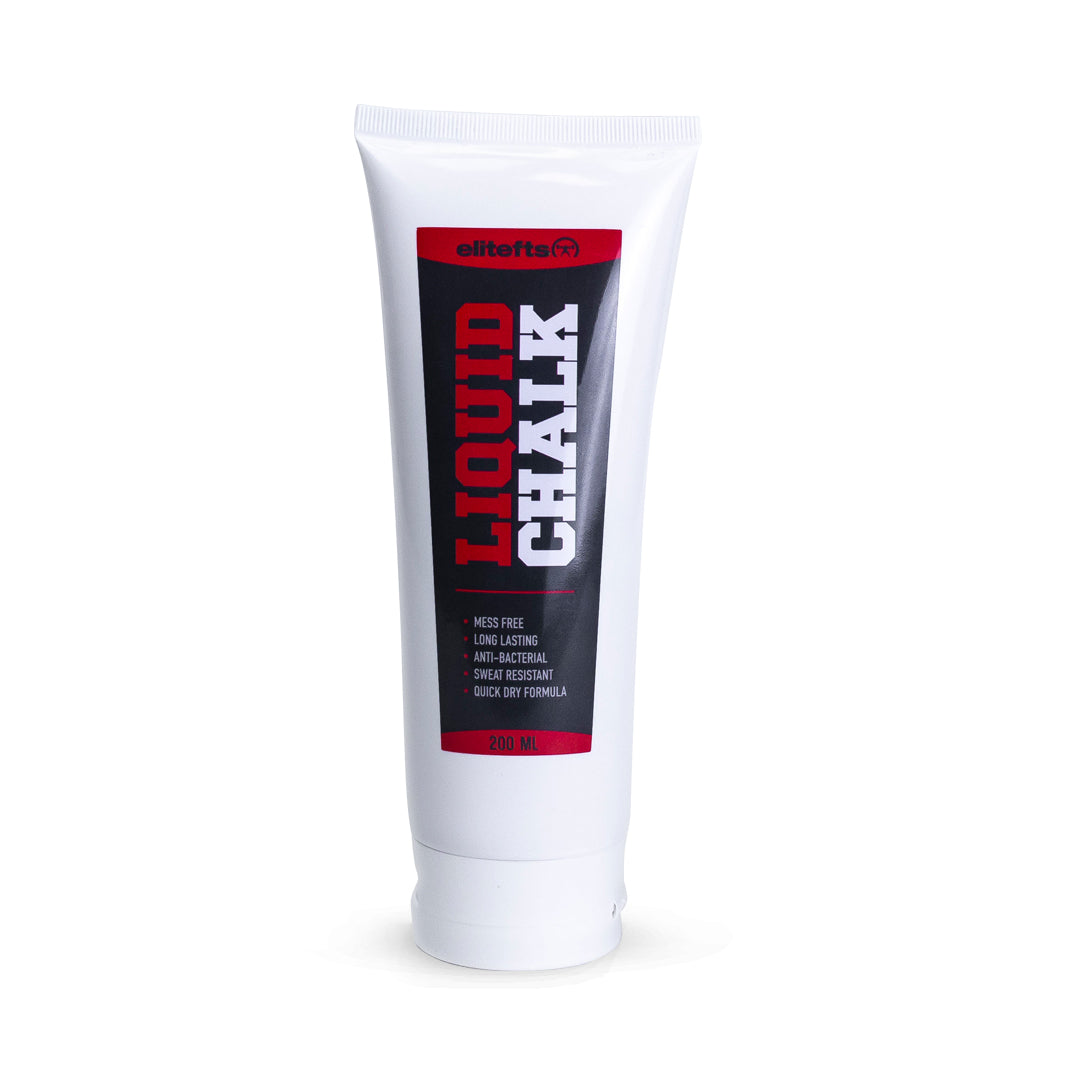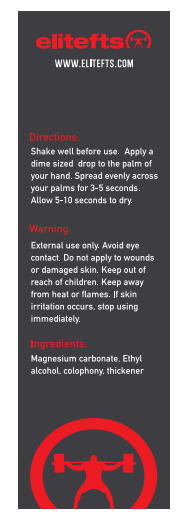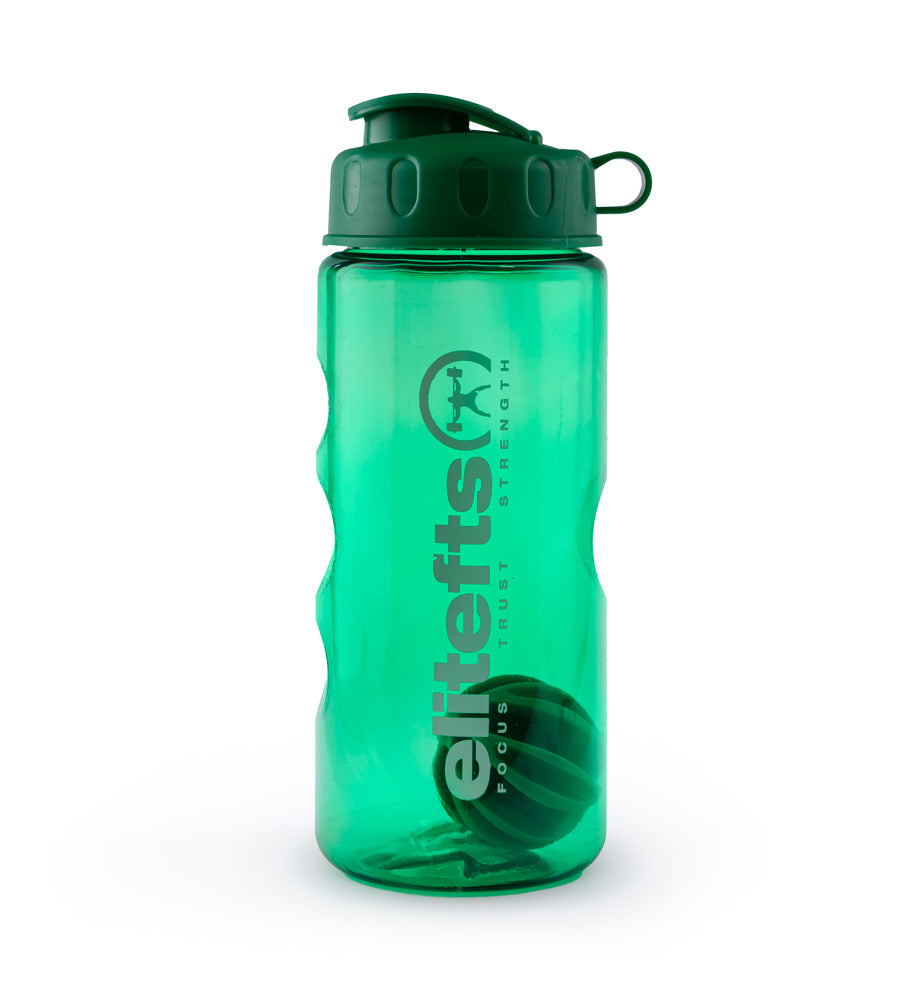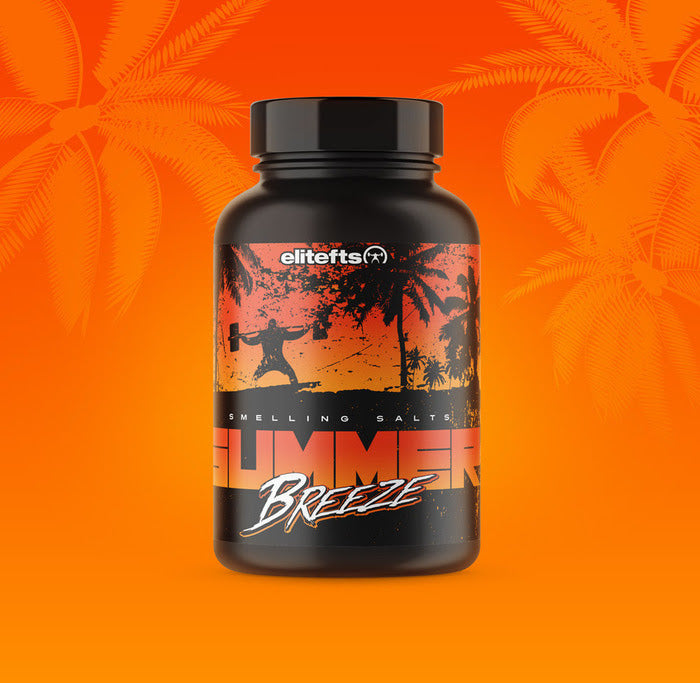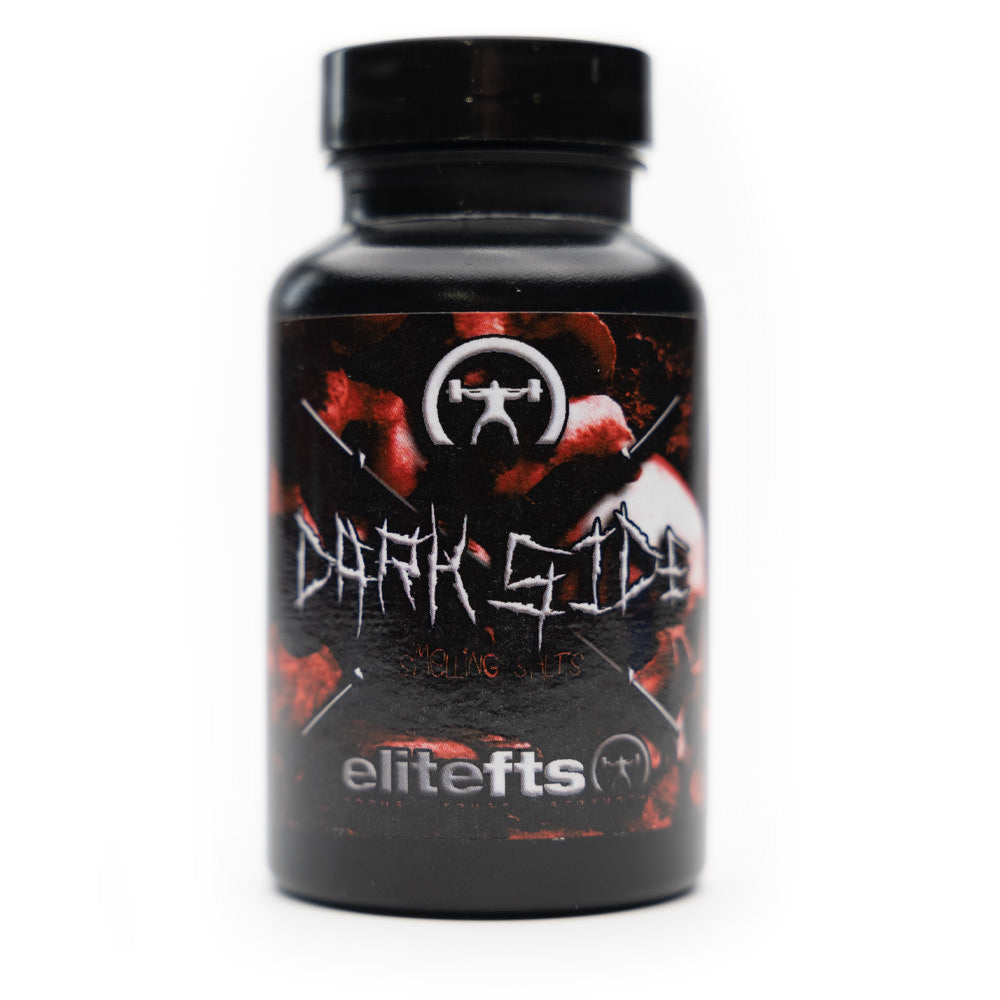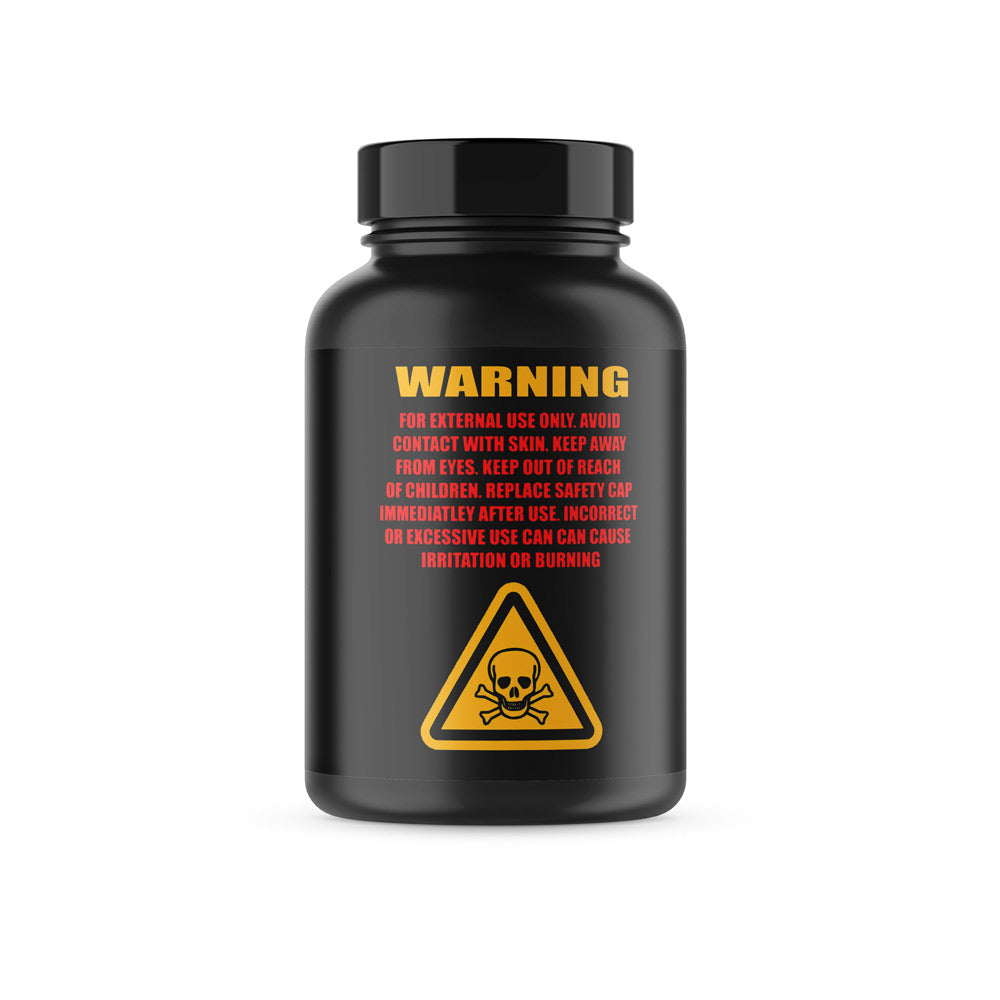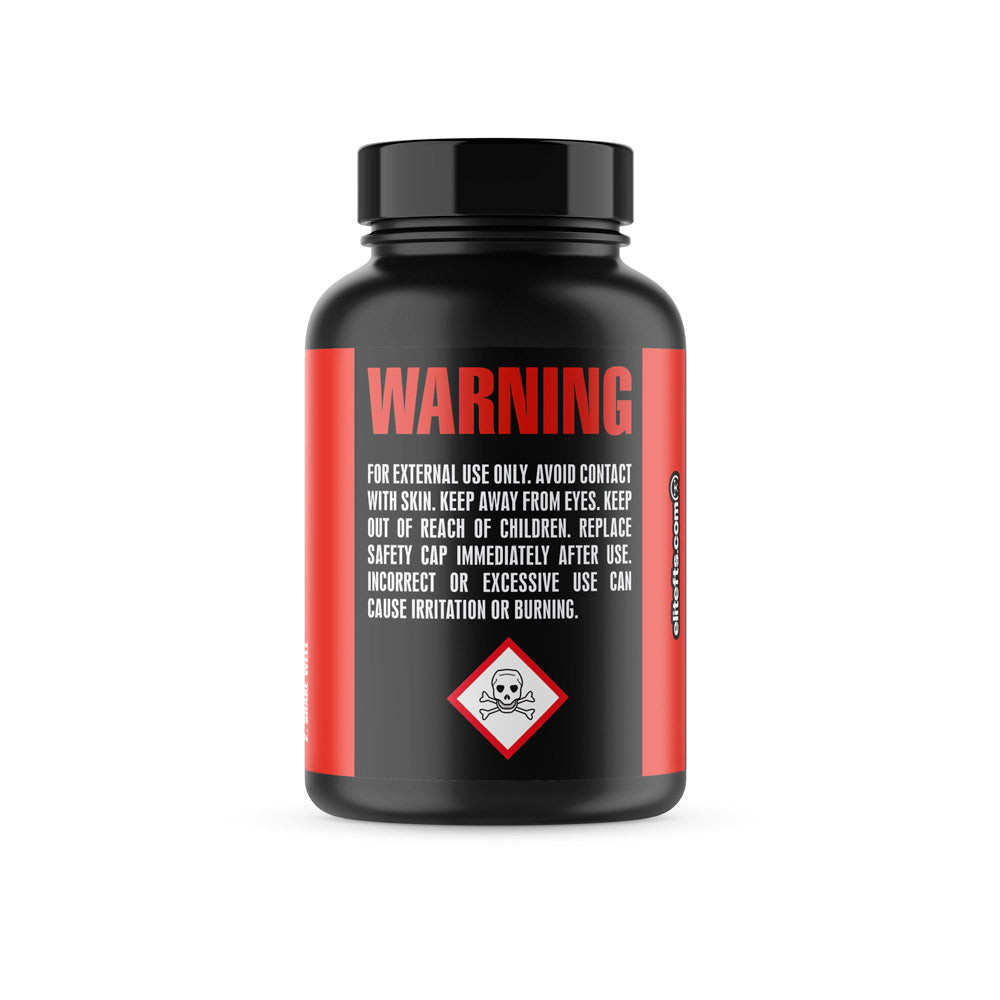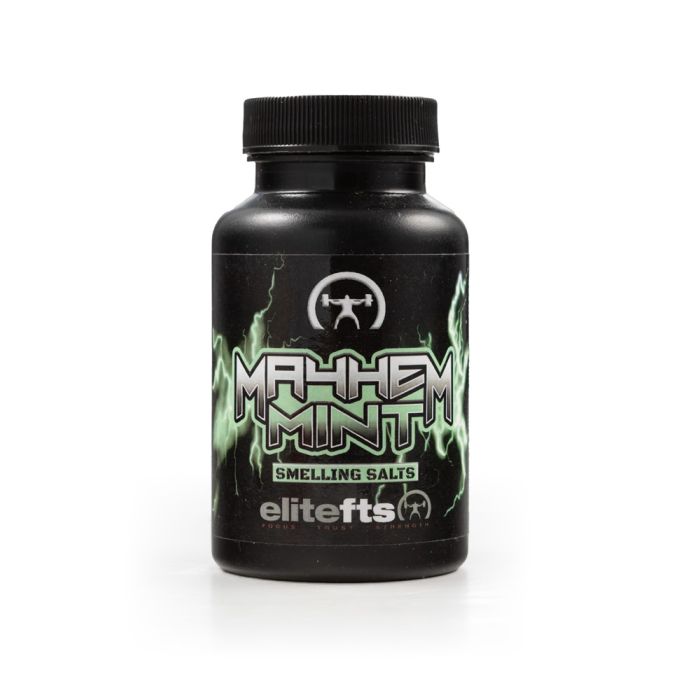
When you’ve been involved in a particular sport or profession for years, it’s only natural to think back and consider whether or not you’d do anything differently, knowing what you know now. Do you have regrets? Were there missed opportunities, or things you could have done better? In this Table Talk segment, Dave Tate sat down to answer a similar question from the elitefts community about changes to his training approach:
What would you change training-wise if you could do it again? Do you train raw squatting without boxes? Why?Tate starts off by saying that he can’t blame people for asking these kinds of questions, not only because elitefts has a
20-year company history, but also because most of his training was done before the internet was even around. He explains that when he came to Westside, the only time that Louie allowed the powerlifters to use gear was when they were competing in a meet. Although Tate trained with no gear for years, he was used to slowly introducing gear into his programming over time: no gear for four weeks, briefs for four weeks, wraps for four weeks, and then briefs, wraps, and suits for the final three weeks. For a number of years, Tate executed this sort of linear periodization for his squat training. Nonetheless, all other exercises – which made up 80 percent of the overall program – were done raw. That meant that when the time came to add
gear during a meet, Tate admits that it was initially very challenging for him. He didn’t know how his squat was supposed to feel, and the
wraps were somewhat painful to get used to in the beginning.
WATCH: Table Talk — LeBron James’ Squat
After a period of time, Tate states that powerlifters began to learn how to really leverage the gear; this introduced a whole new technical element to the sport that previously didn’t exist. People seemed to become much stronger – although in reality, they were simply elevating their performance with support from the gear. In Tate’s eyes, this was a fascinating phenomenon that made the sport even more interesting than before:
I kind of thought it was cool, because what that did, is that it gave the guys that may not have the best genetic ability the opportunity to dial in the skill with their gear, and beat the guy that may actually have the better genetic ability. That never really existed before…In other words, if a genetically-advantaged powerlifter didn’t learn to properly optimize their gear, then they may have just seen a 20-30-pound carry-over in a meet, as opposed to a potential 100-pound carryover. This was something that could make or break a competition. Although the whole Conjugate program was initially based upon only using gear at a meet, lifters now had to evolve their programming to factor in gear. As Tate explains, building gear into a training program is much more complicated than most people realize. Despite the fact that these circumstances didn’t last (because today everyone is raw), at the time, it was a significant shift in the way powerlifters trained and competed. Returning to the original question, Tate assuredly states that in looking back, he wouldn’t change a thing. He stayed within the gear that he needed to use to compete, and maintain the level at which he was competing. For instance, he explains that he was one of the first Westside lifters to jump into a
canvas suit, because everyone he was competing against seemed to be doing so. He wasn’t about to let his competition get 30 pounds on him, simply because they were wearing canvas and he was not. Tate’s journey to Westside took place after an injury that was pivotal for his powerlifting career; it made him truly consider whether or not he wanted to remain in the sport. Although he ultimately decided to stay in powerlifting, he promised himself that when the time did come for him to leave the sport, he would never look back and wonder, “What if?” Tate can confidently say today that he has no
regrets; there are no “what-if’s” that keep him looking back. Instead, Tate is much more focused on what lies ahead – for the future of his company and the sport of powerlifting are much more interesting than the past.







